
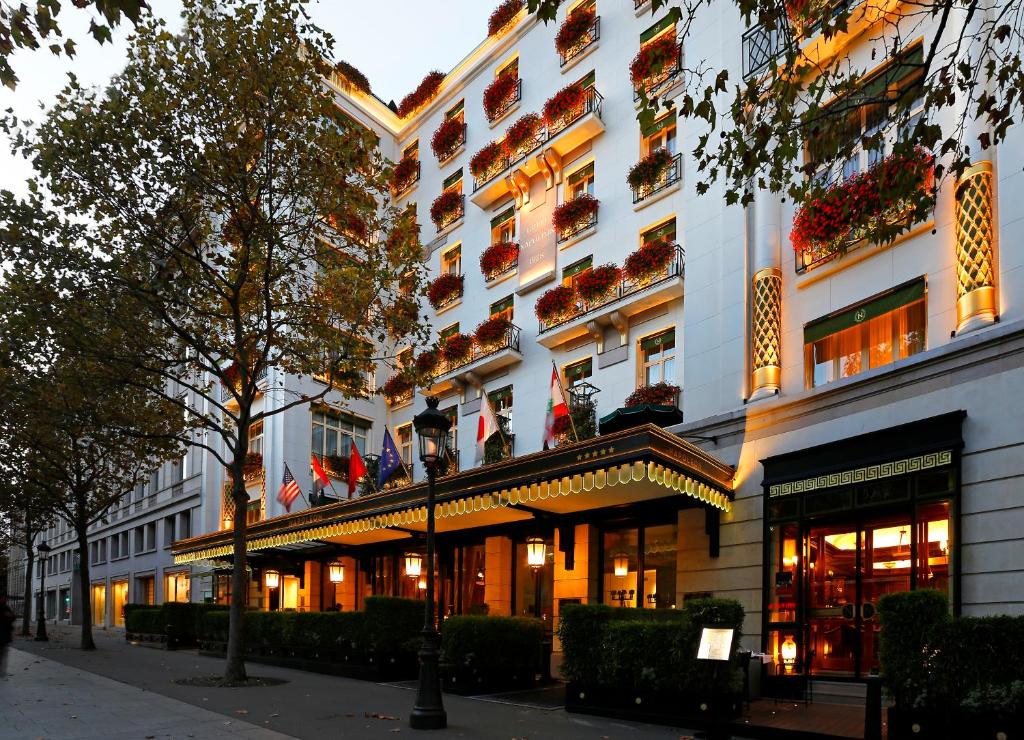
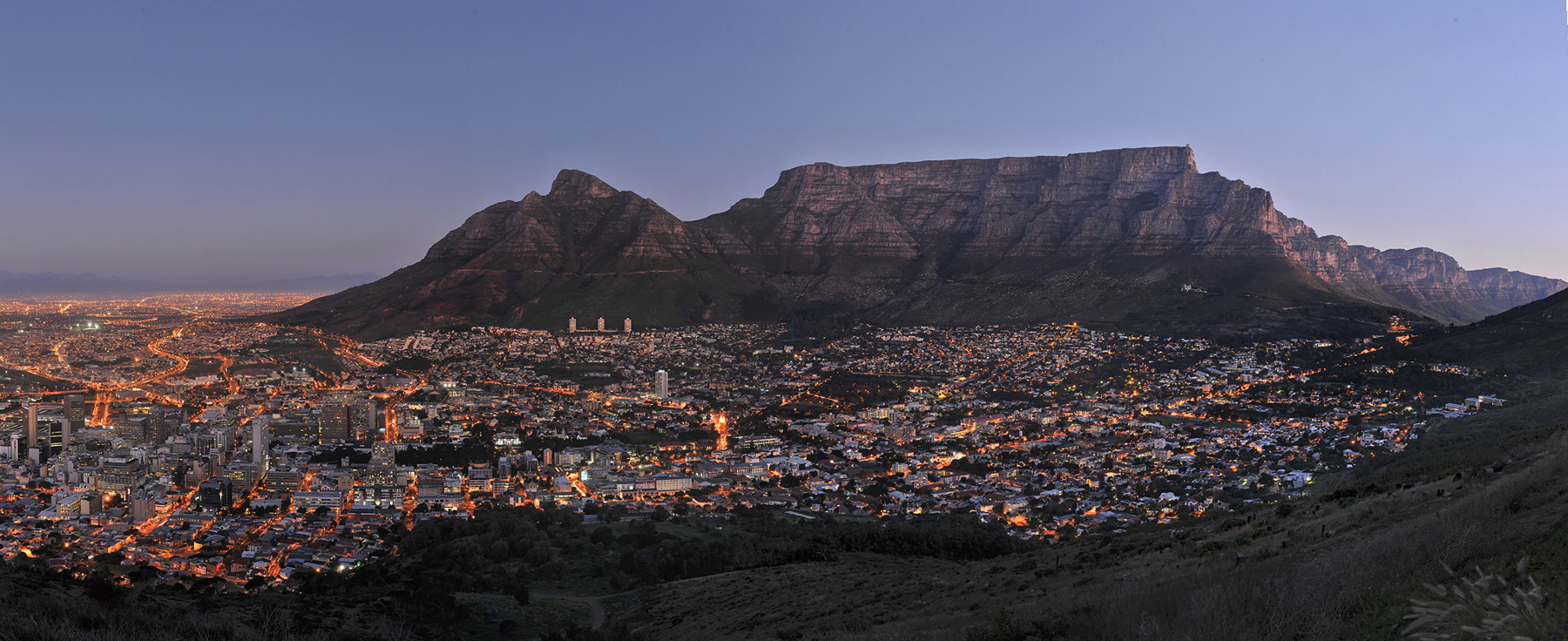
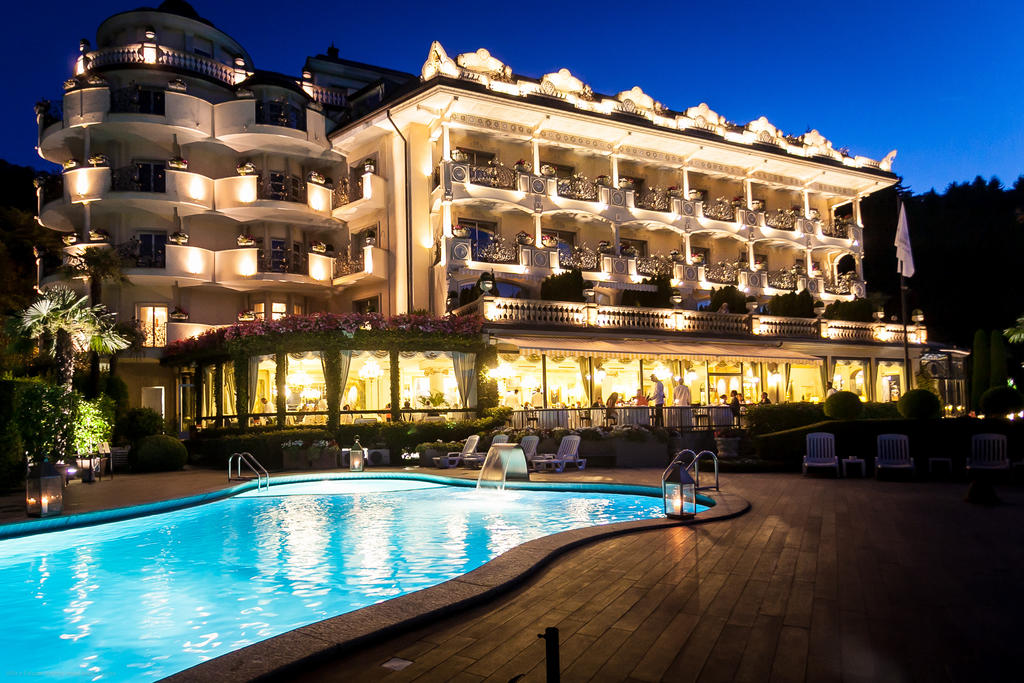
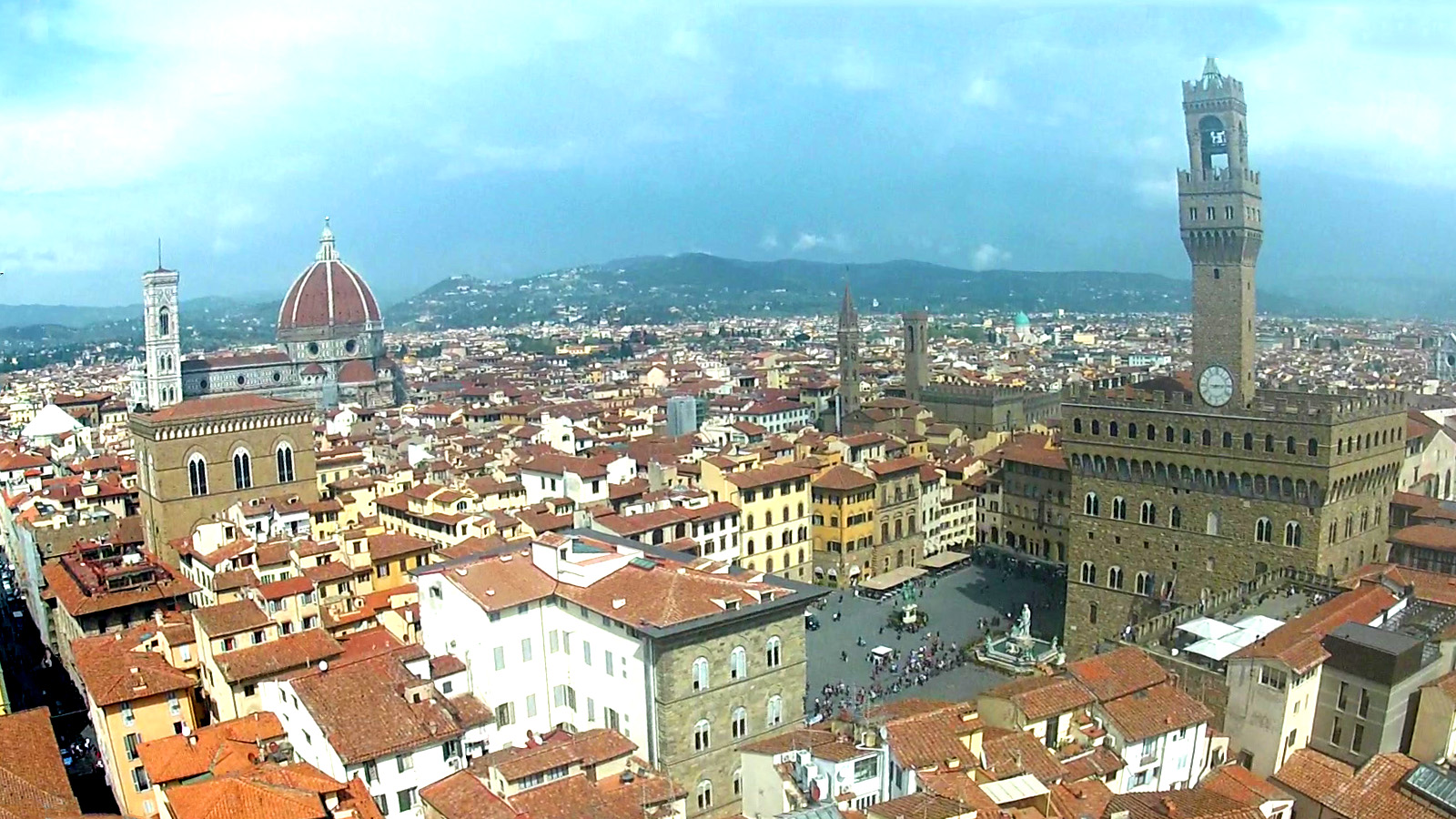

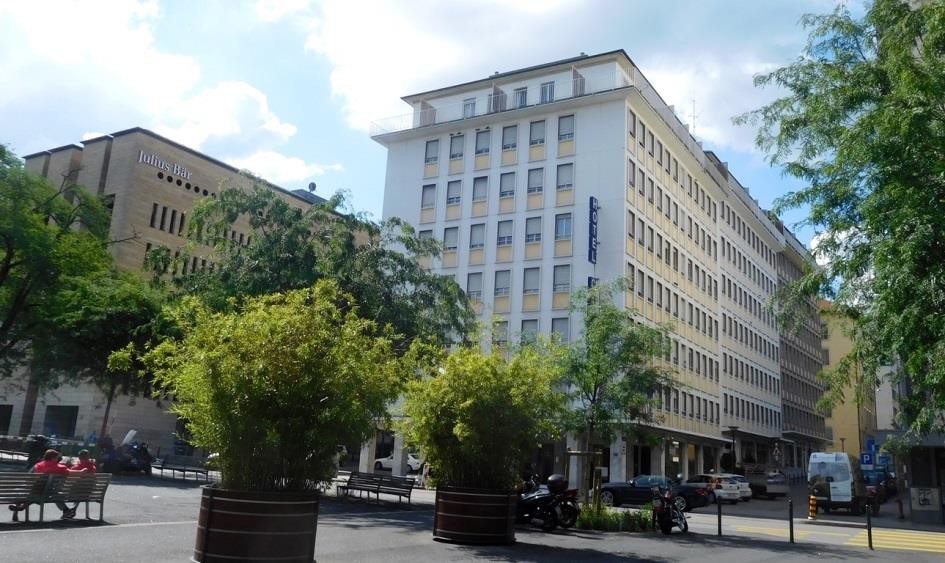
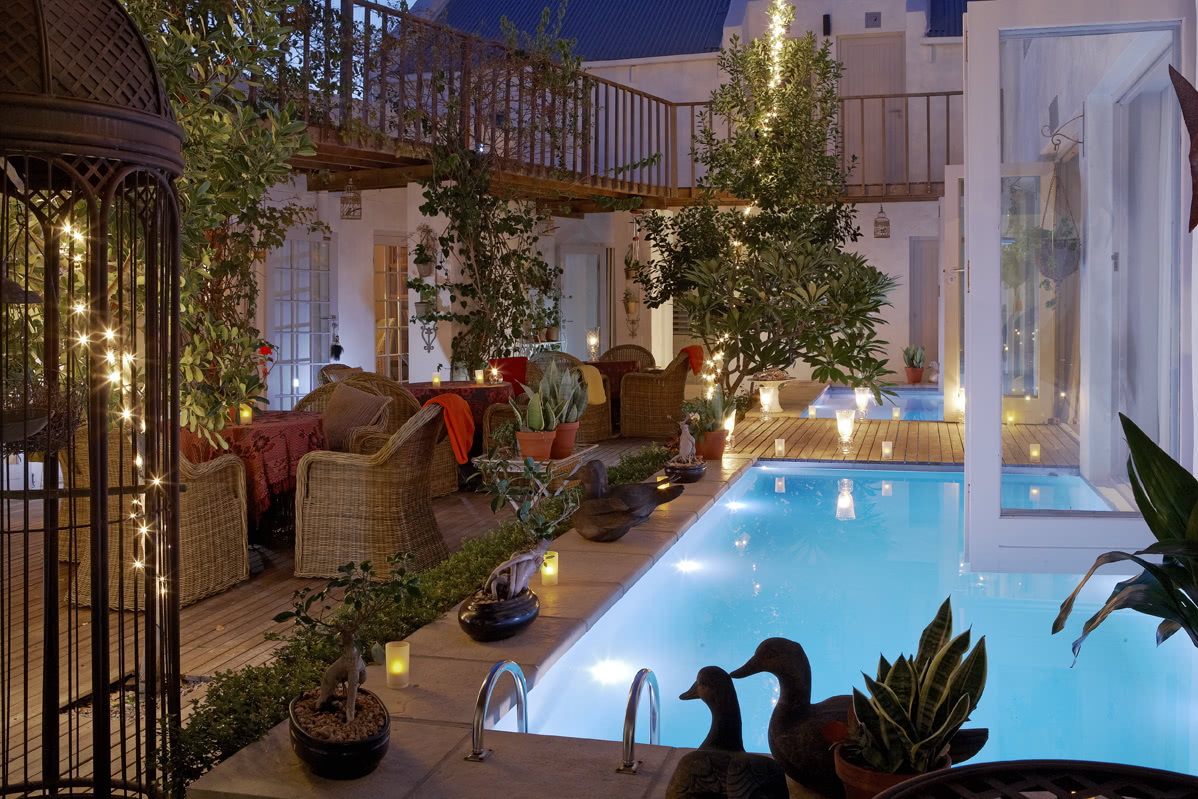
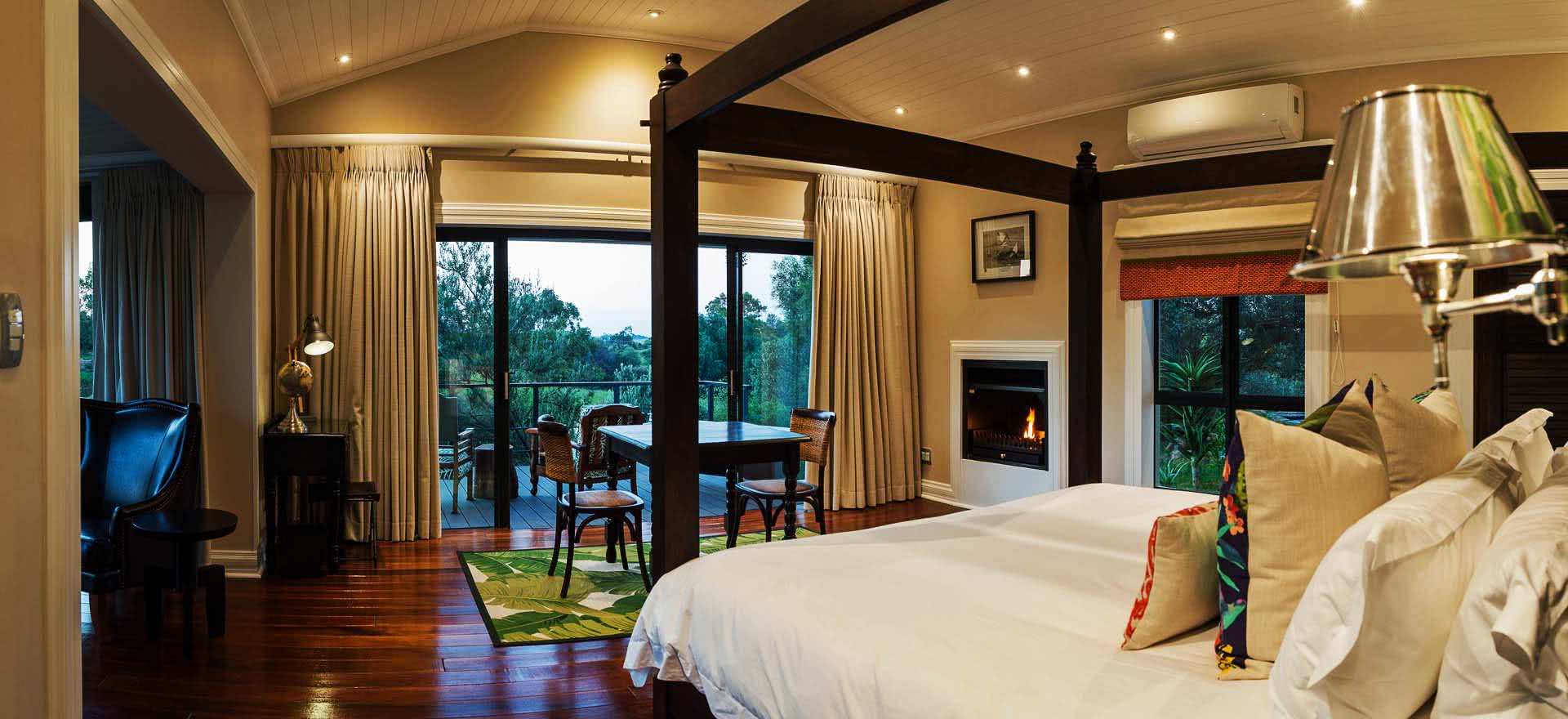
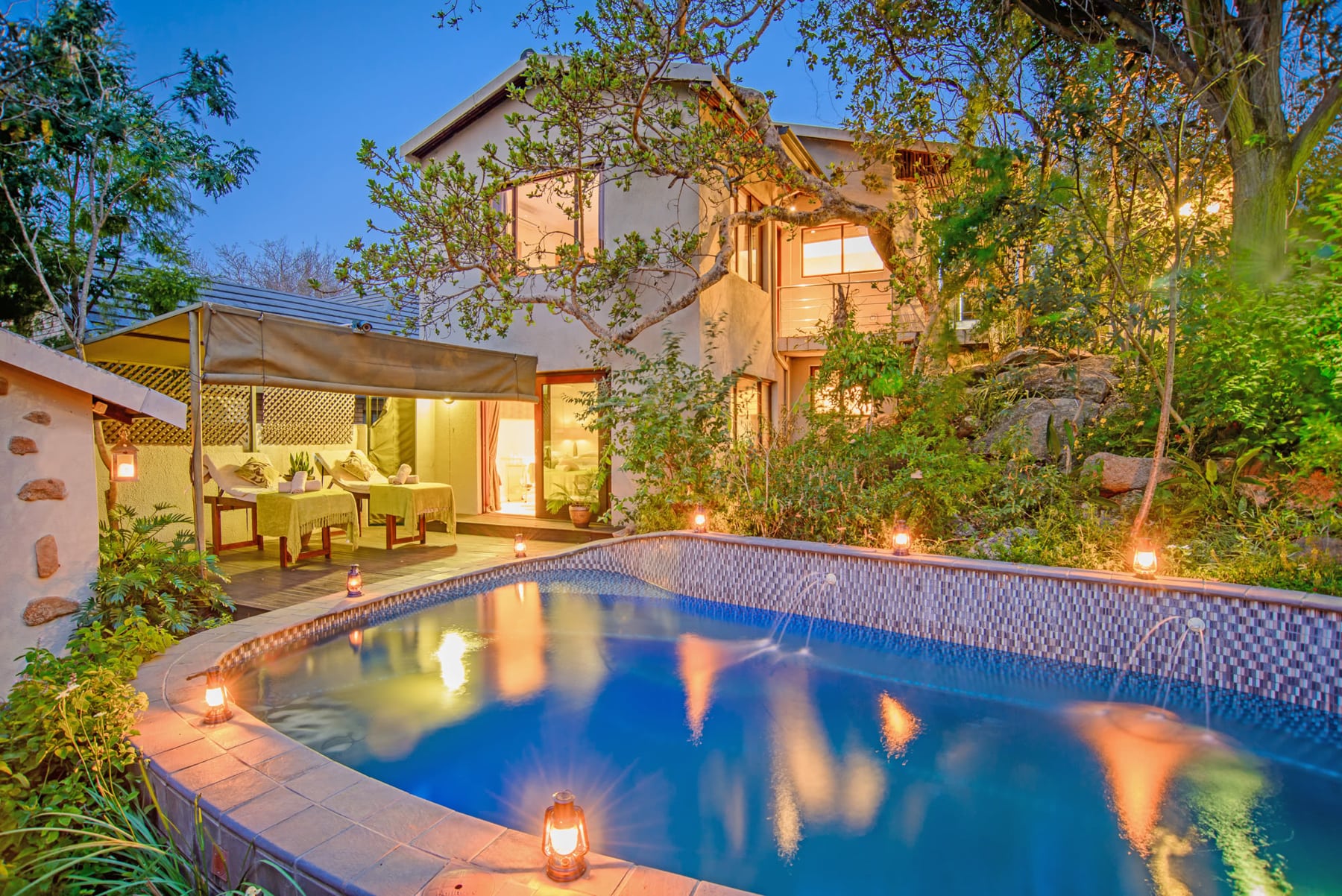

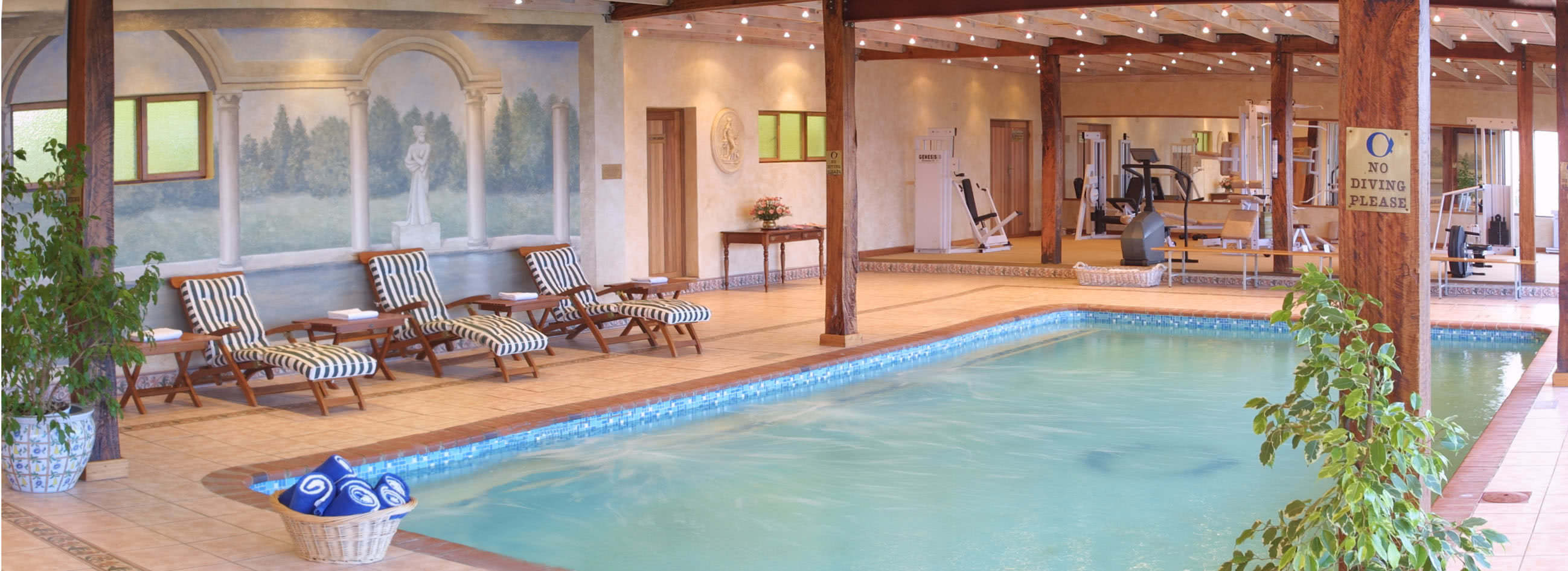
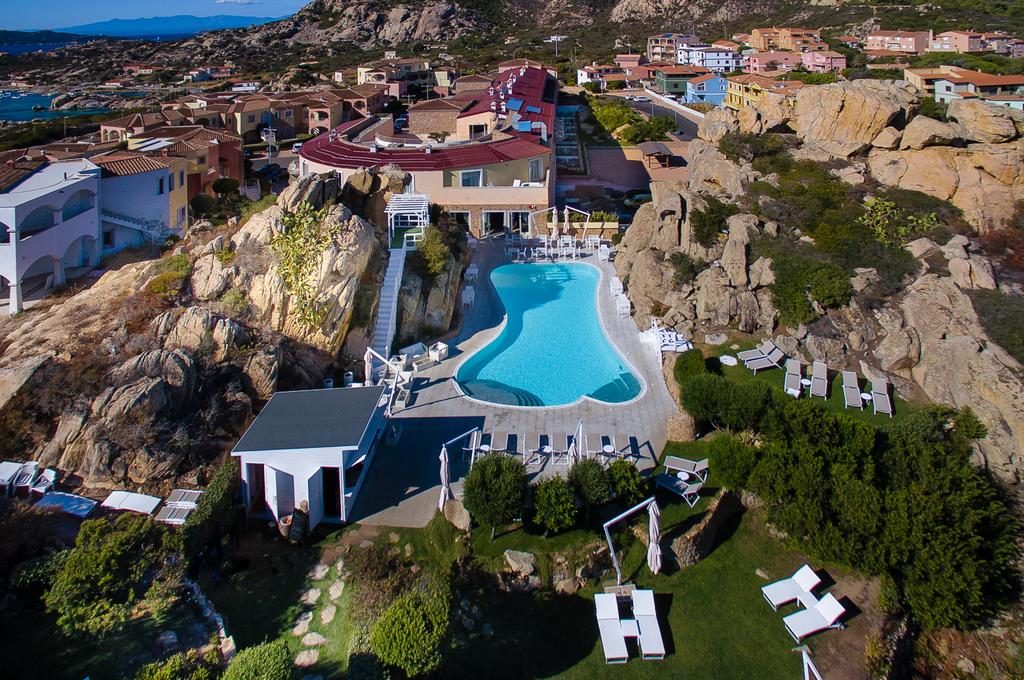
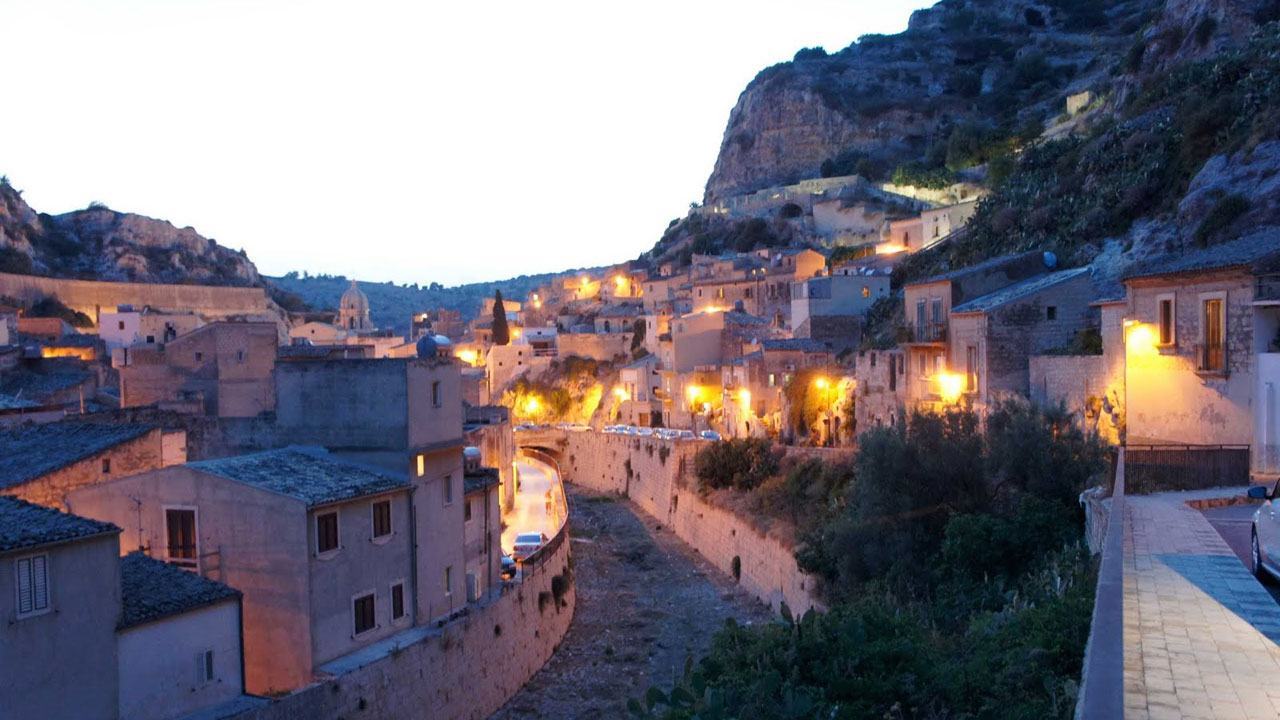
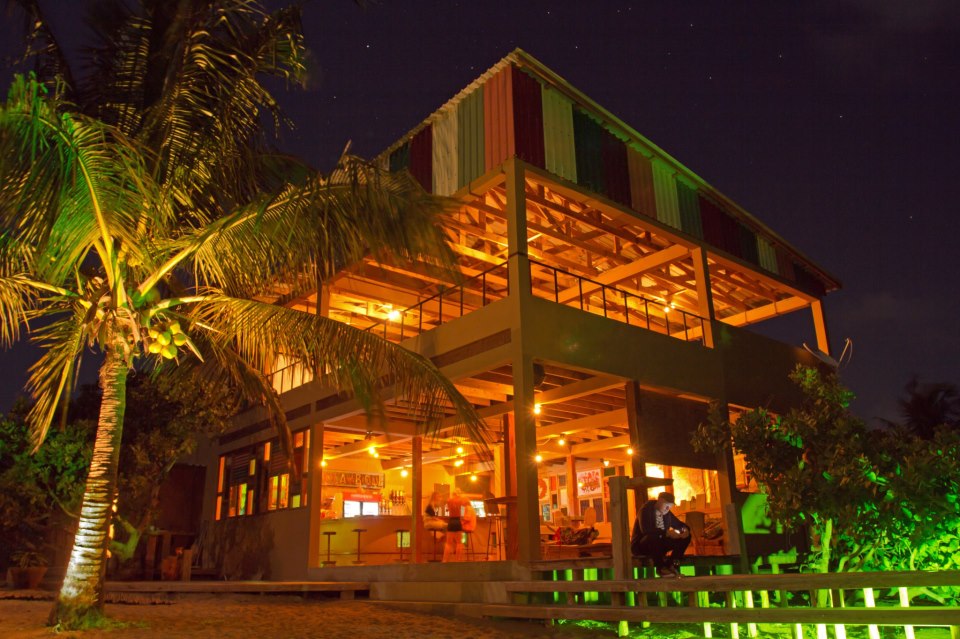
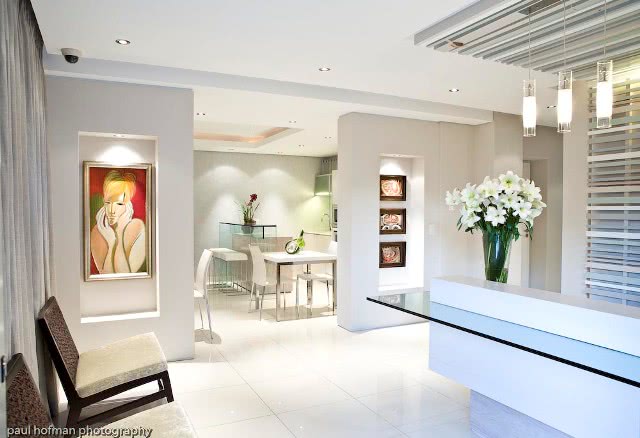
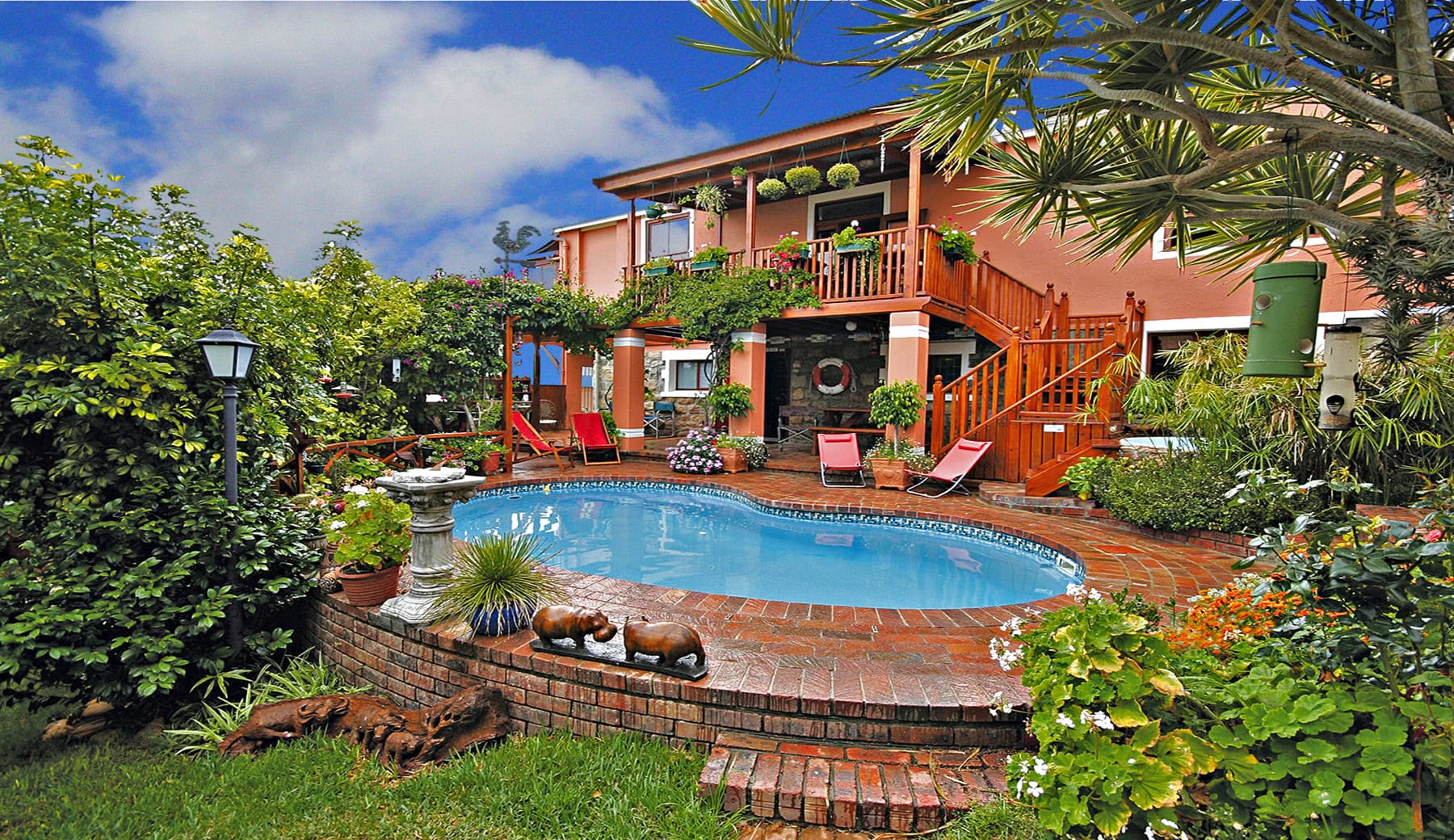
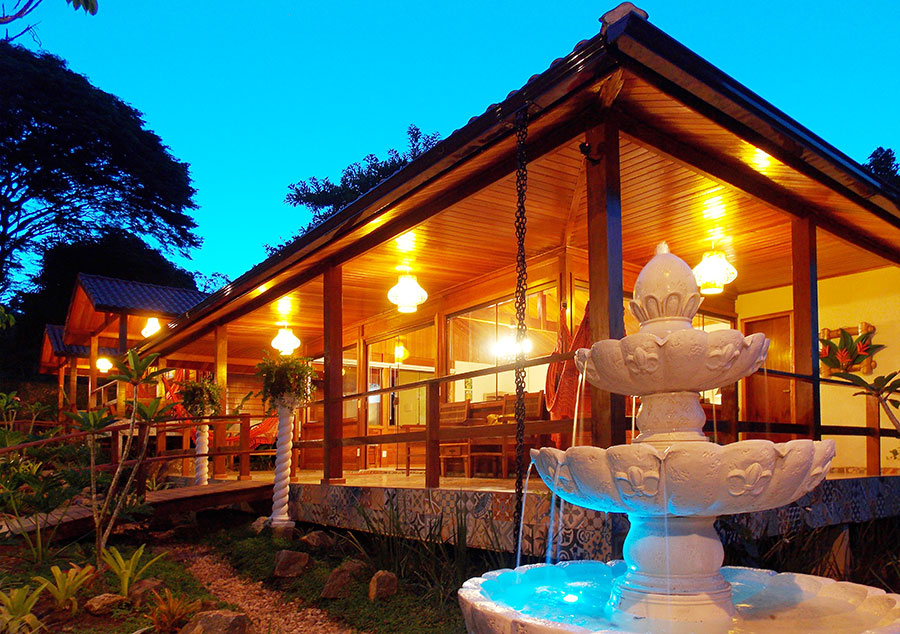
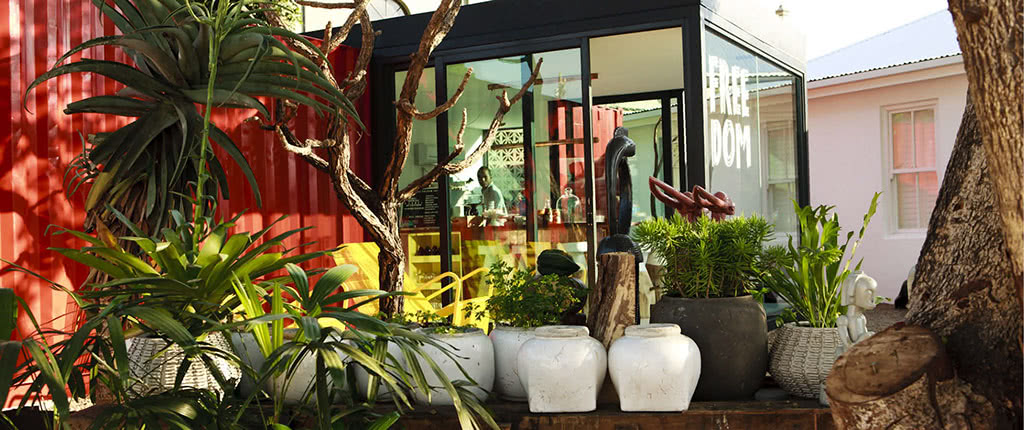
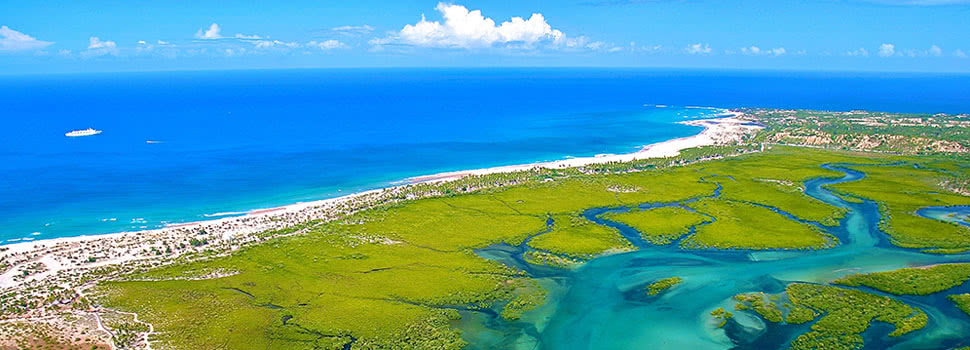
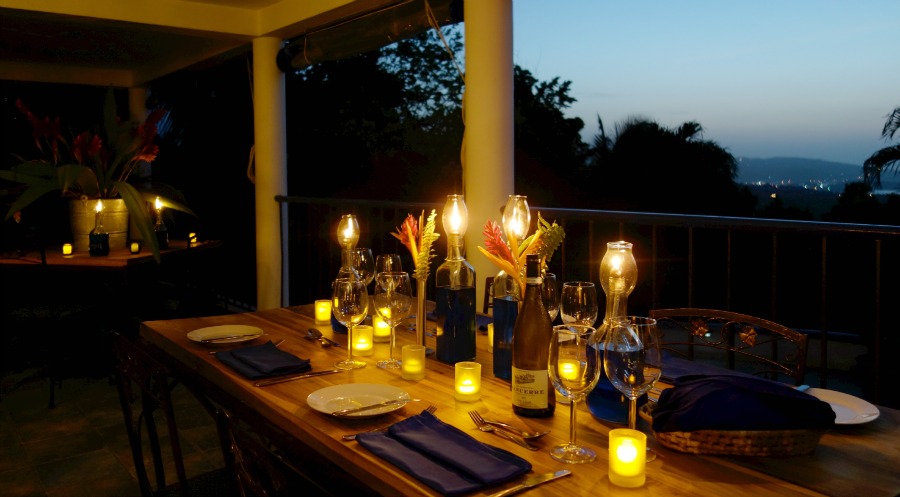
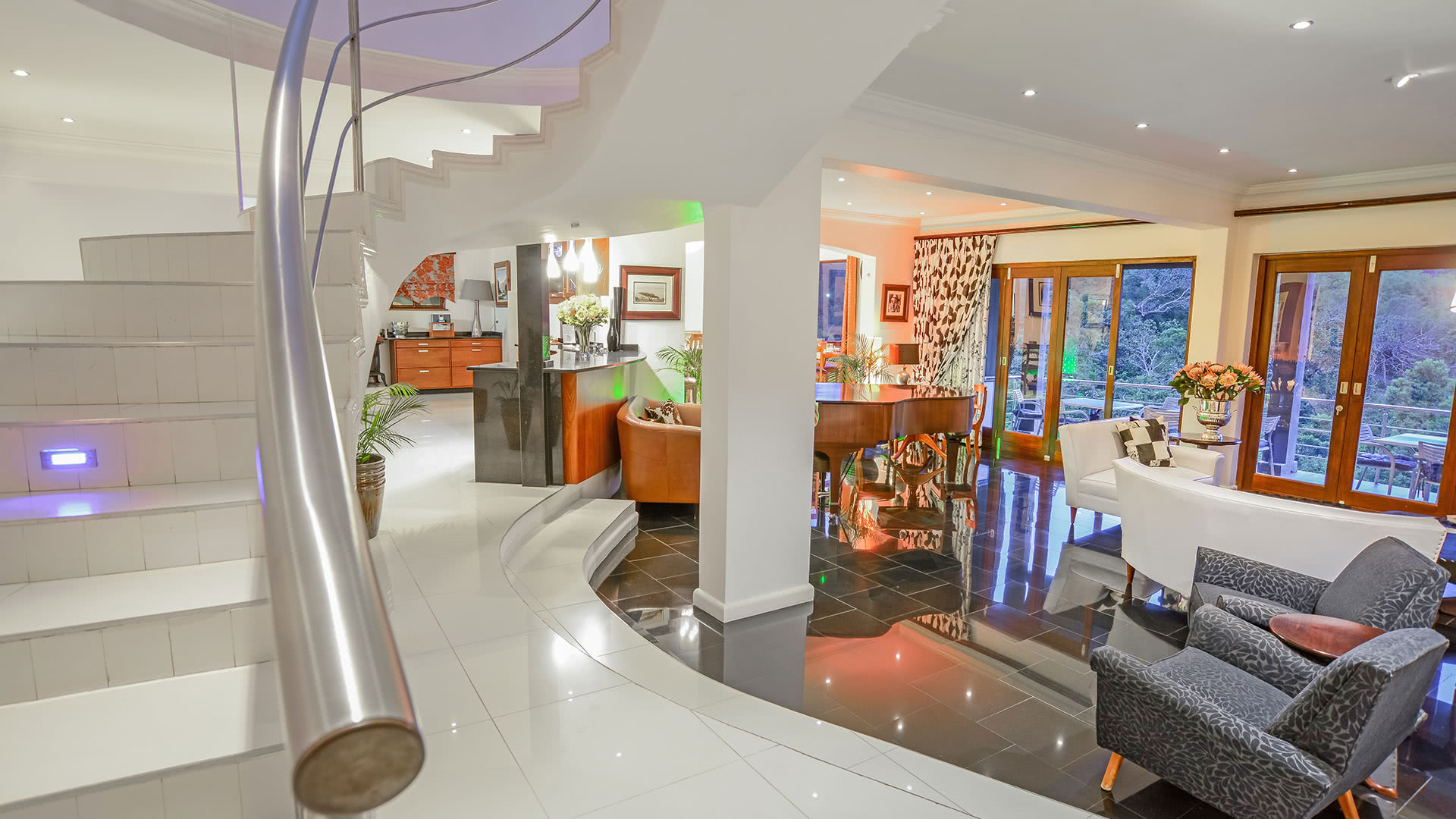
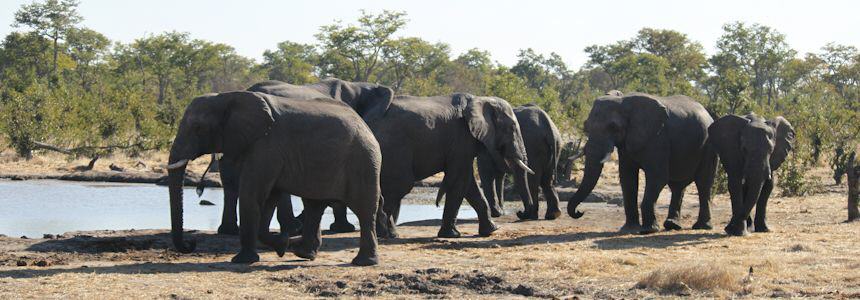
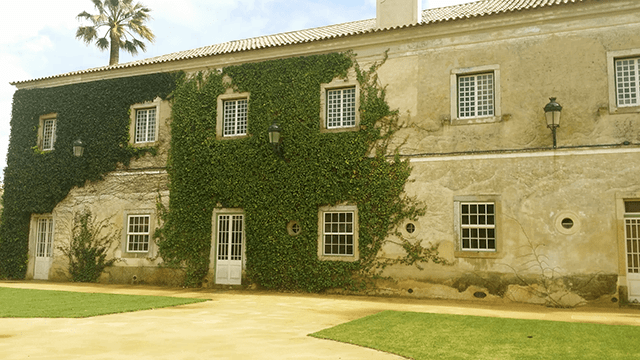
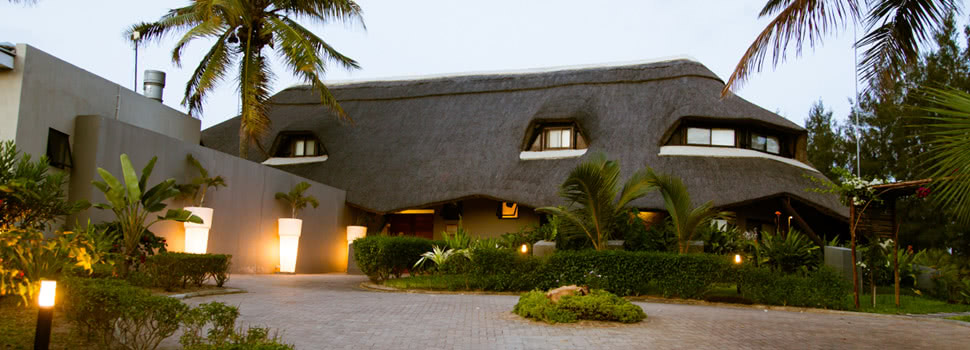
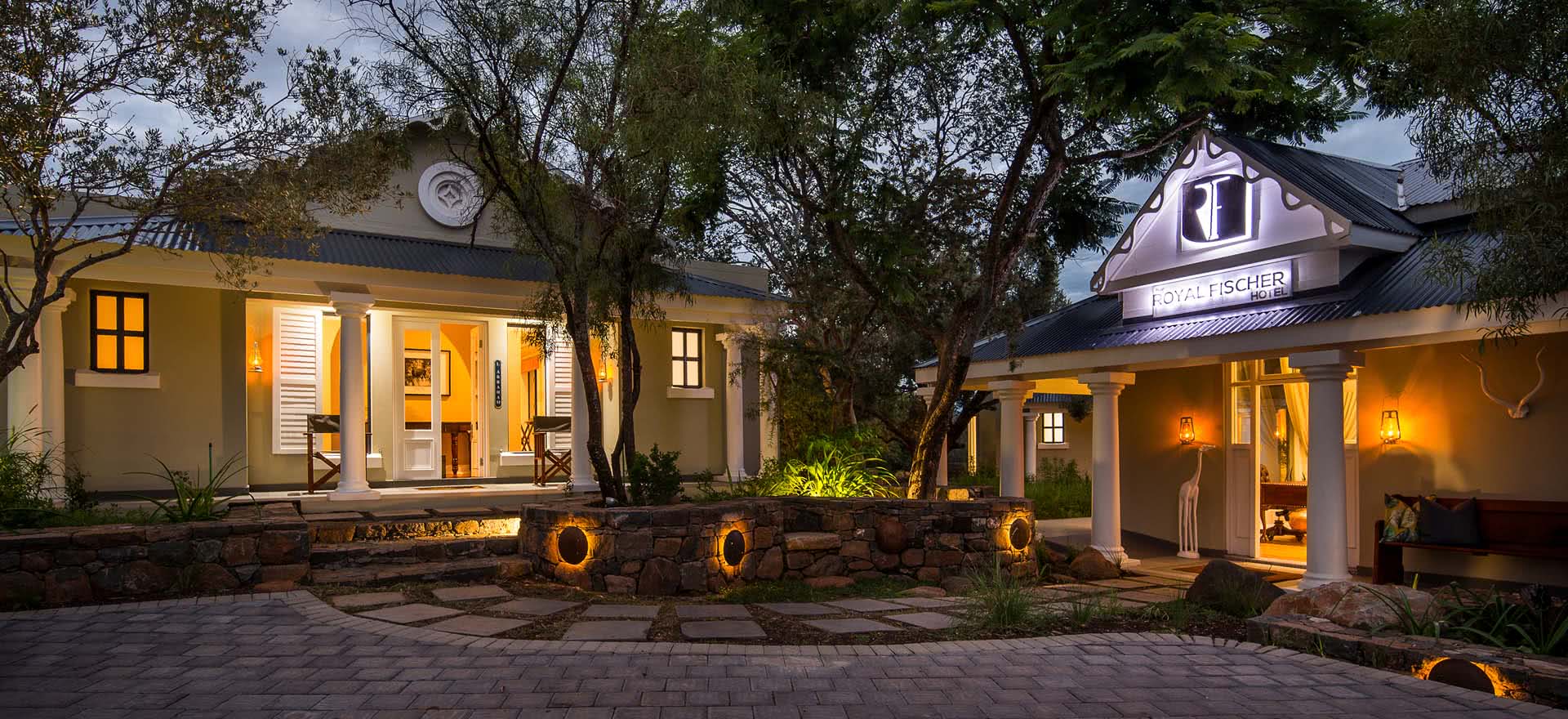
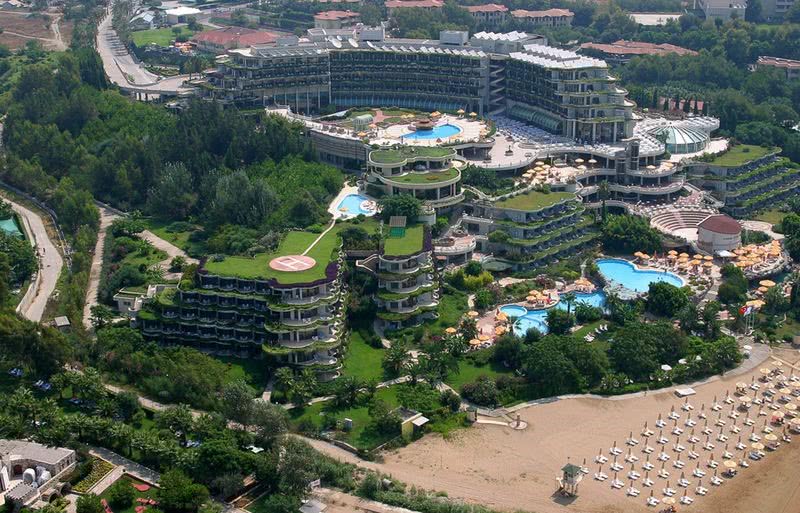
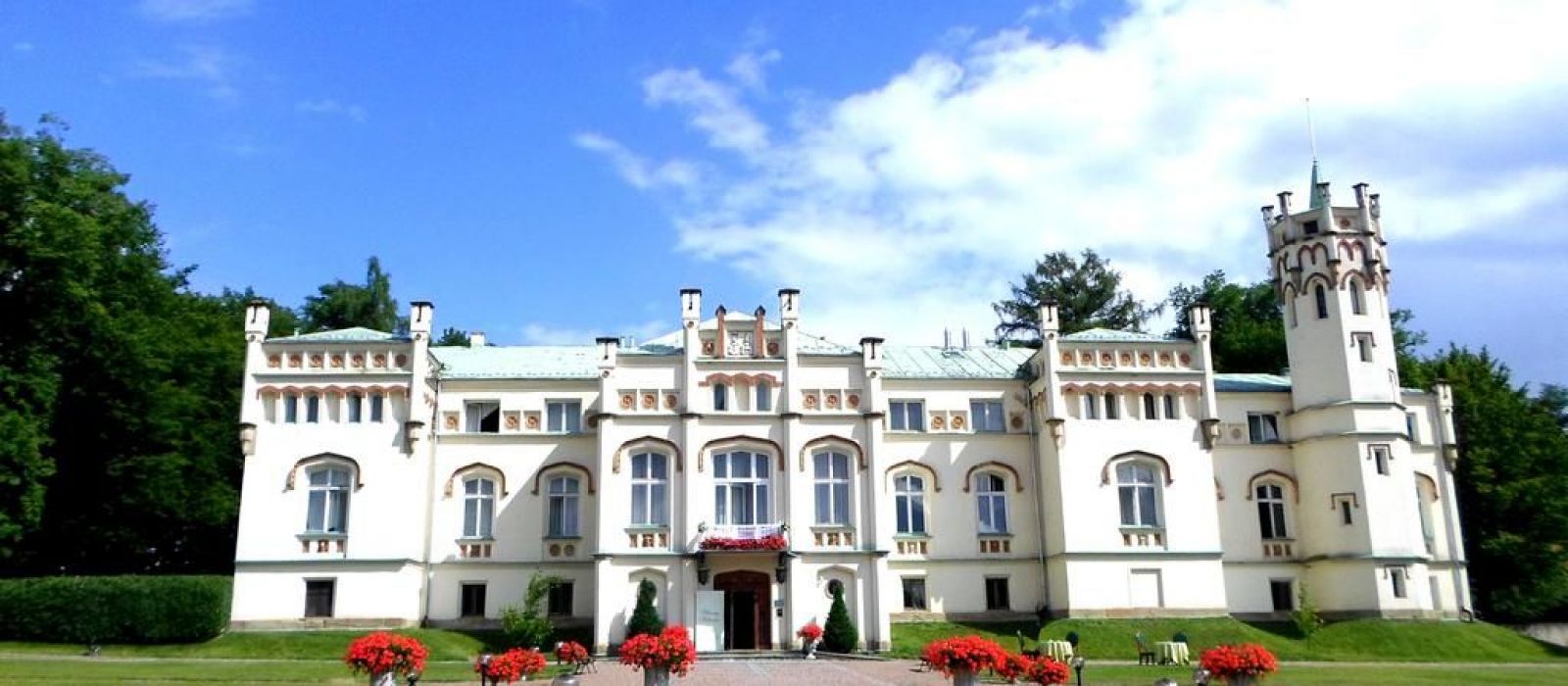
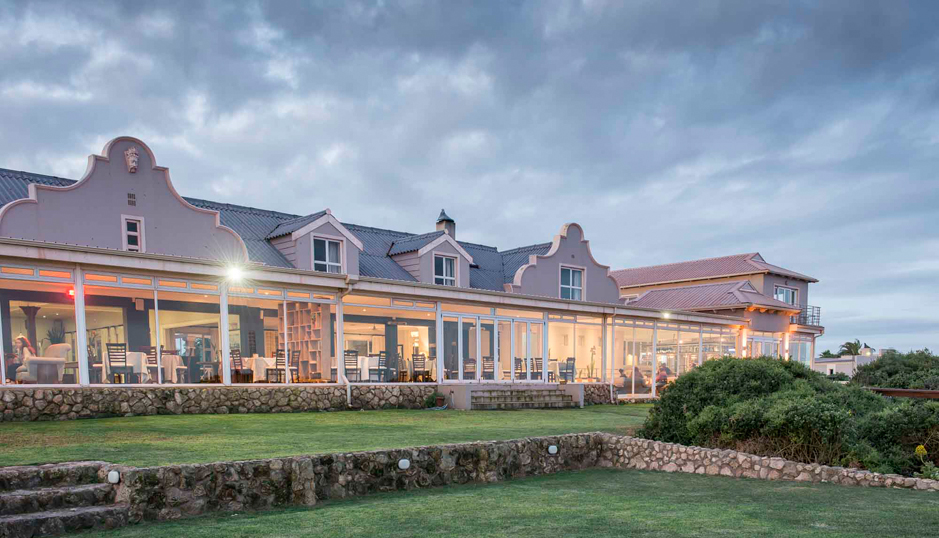
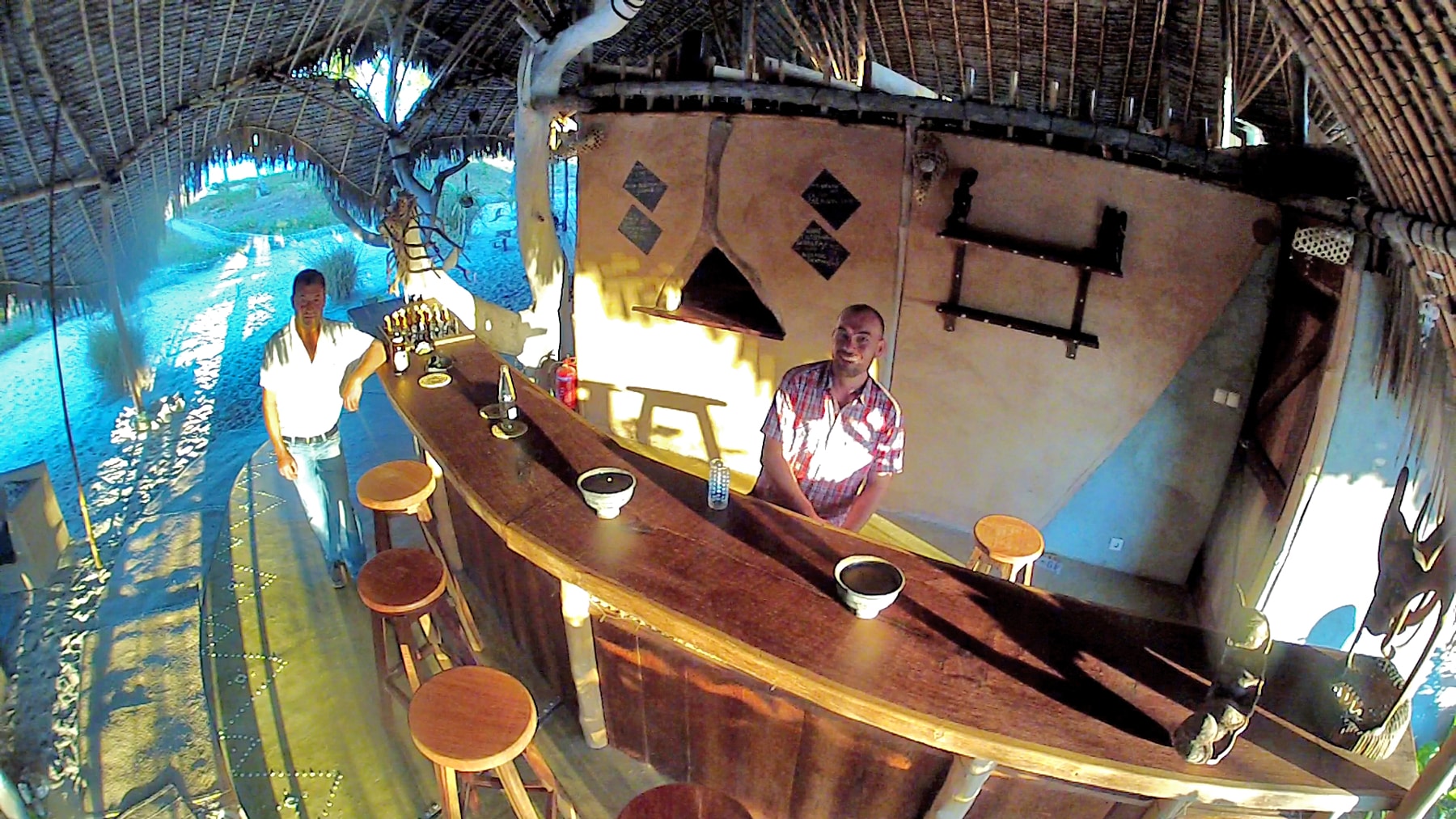
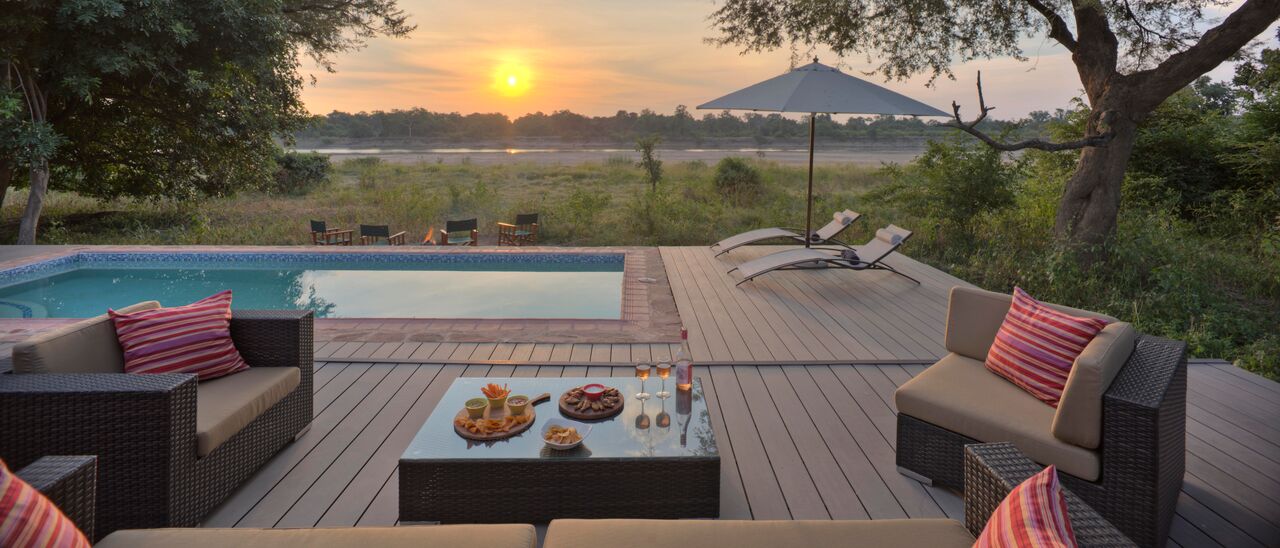
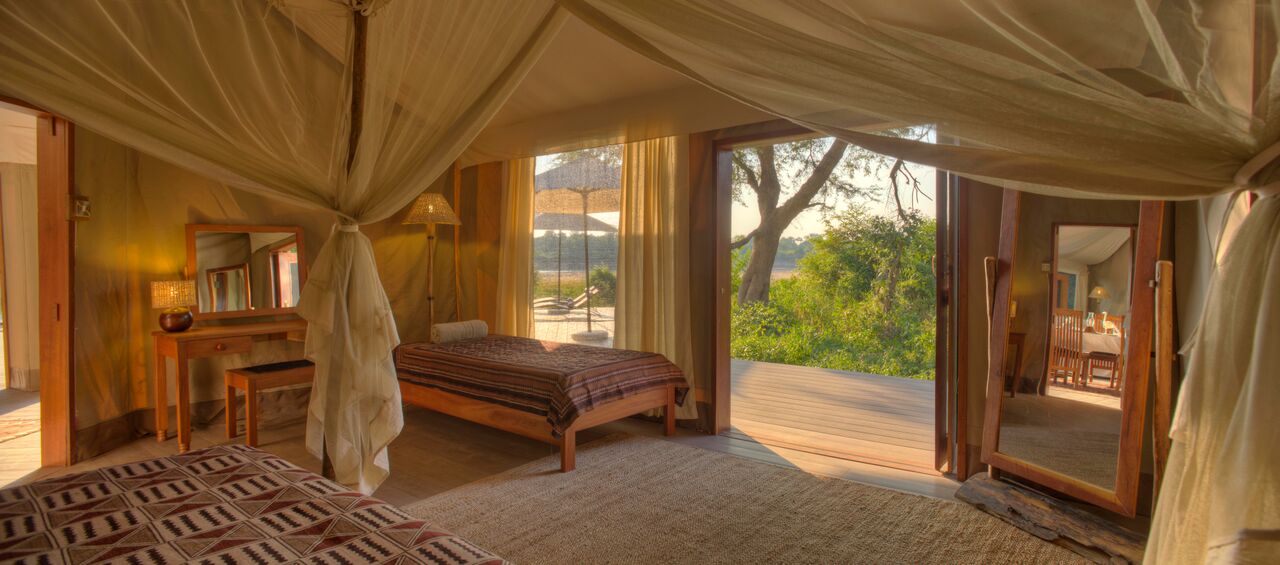
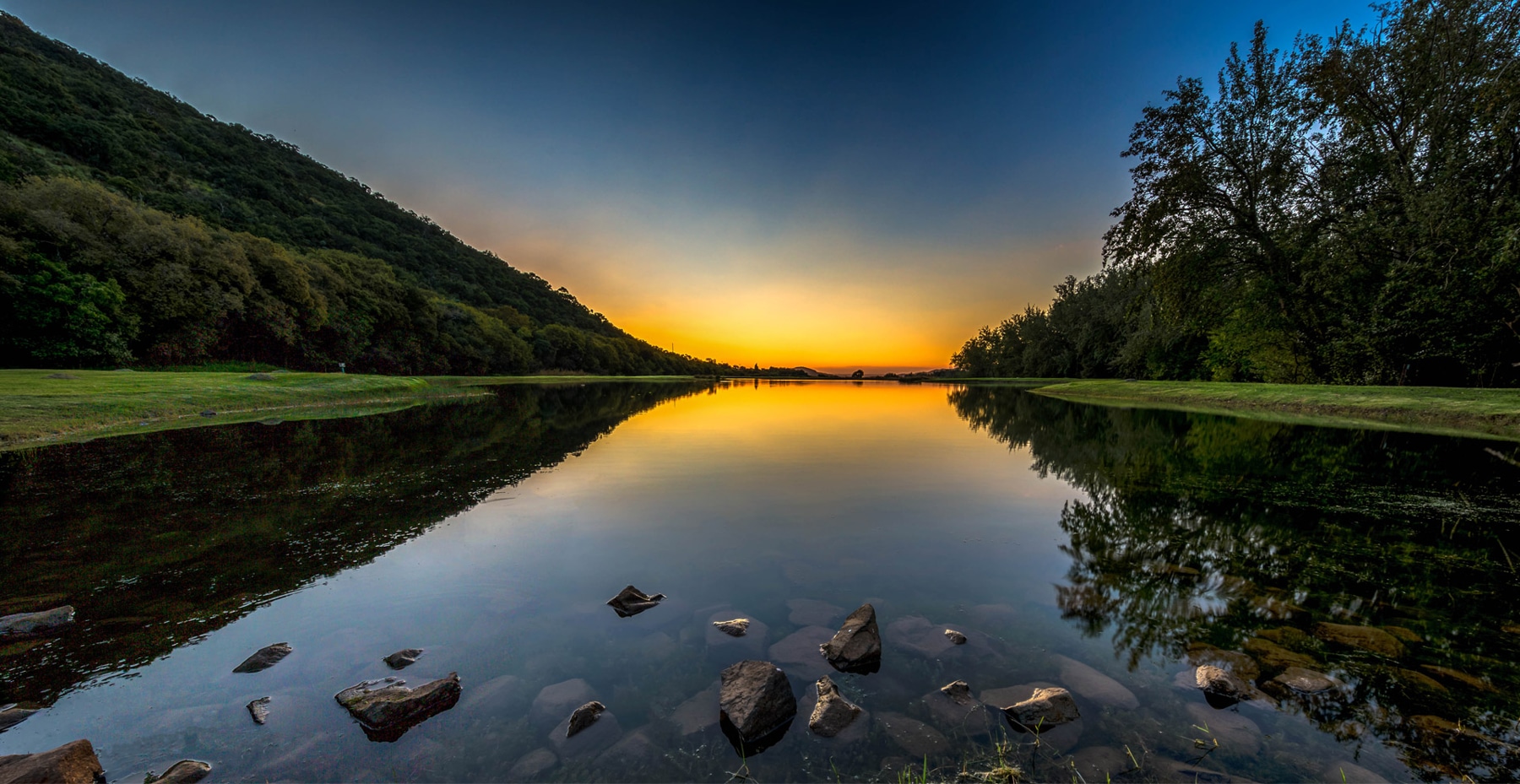
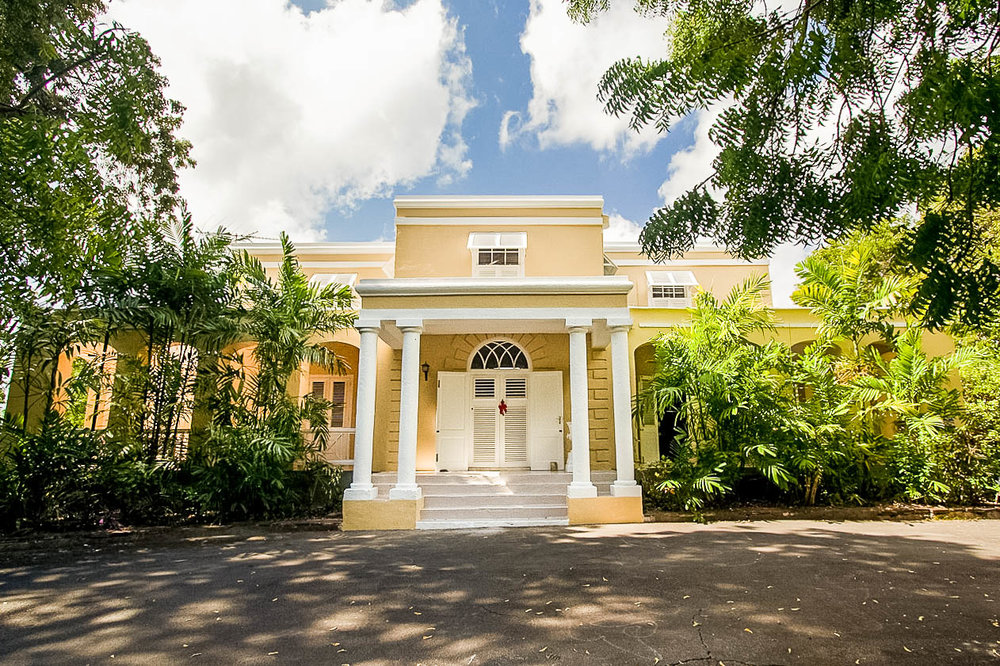
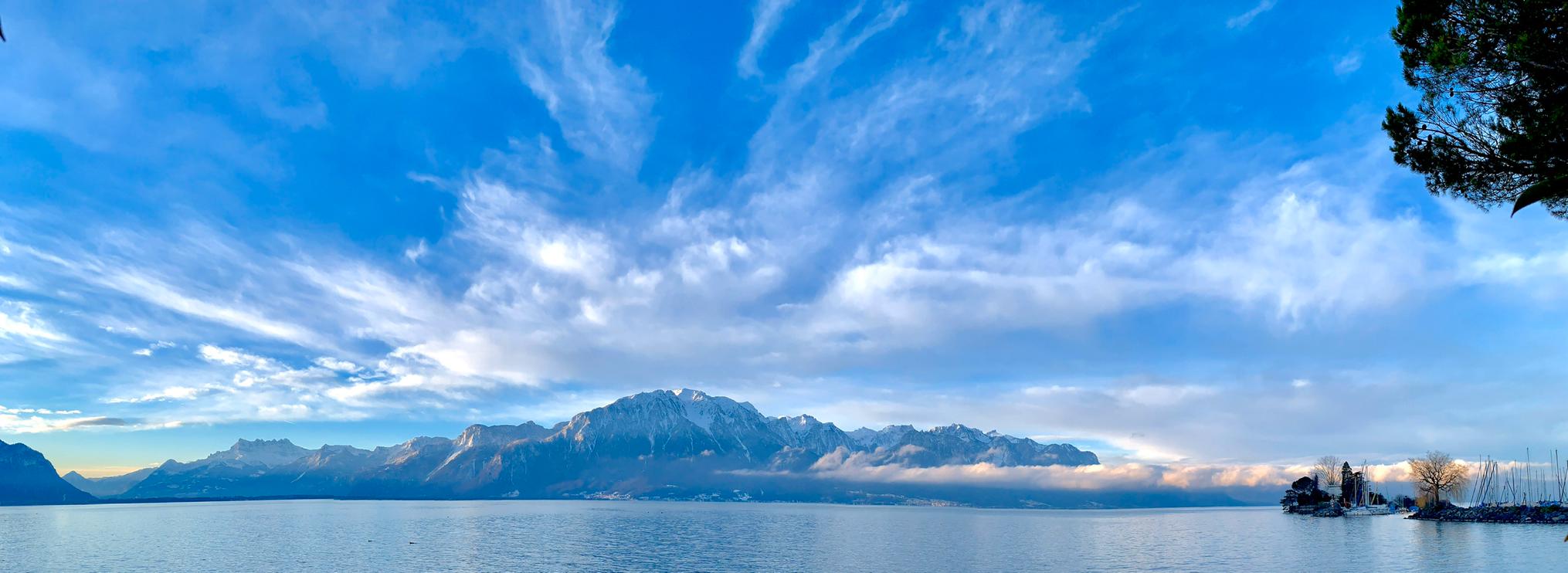
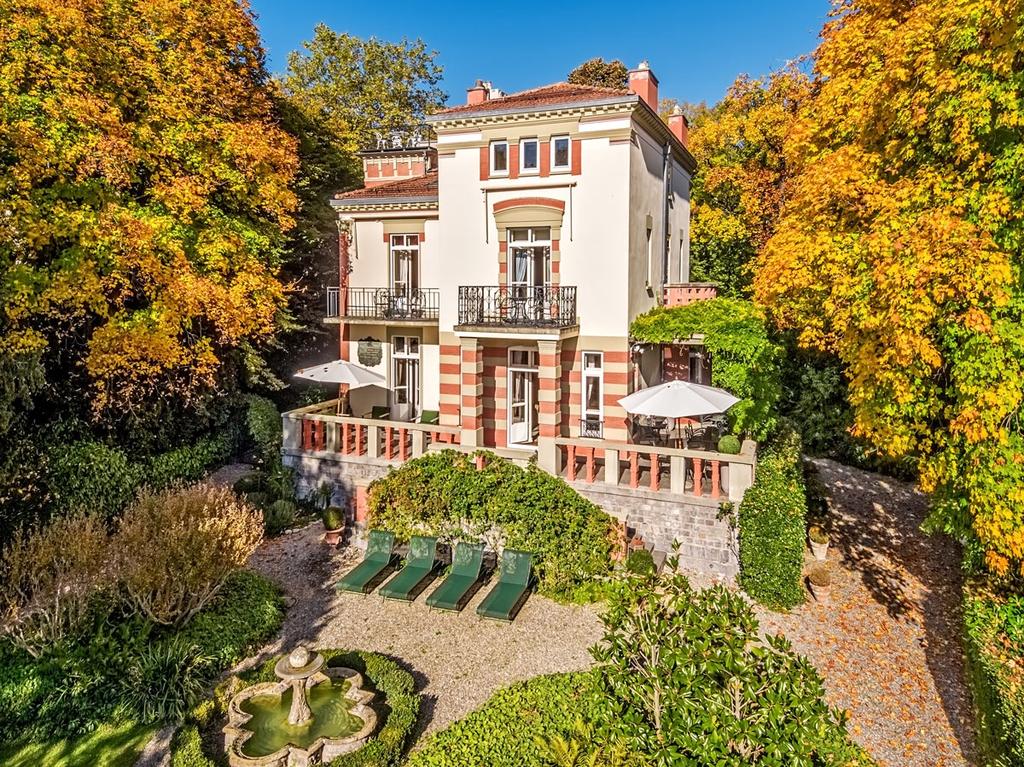
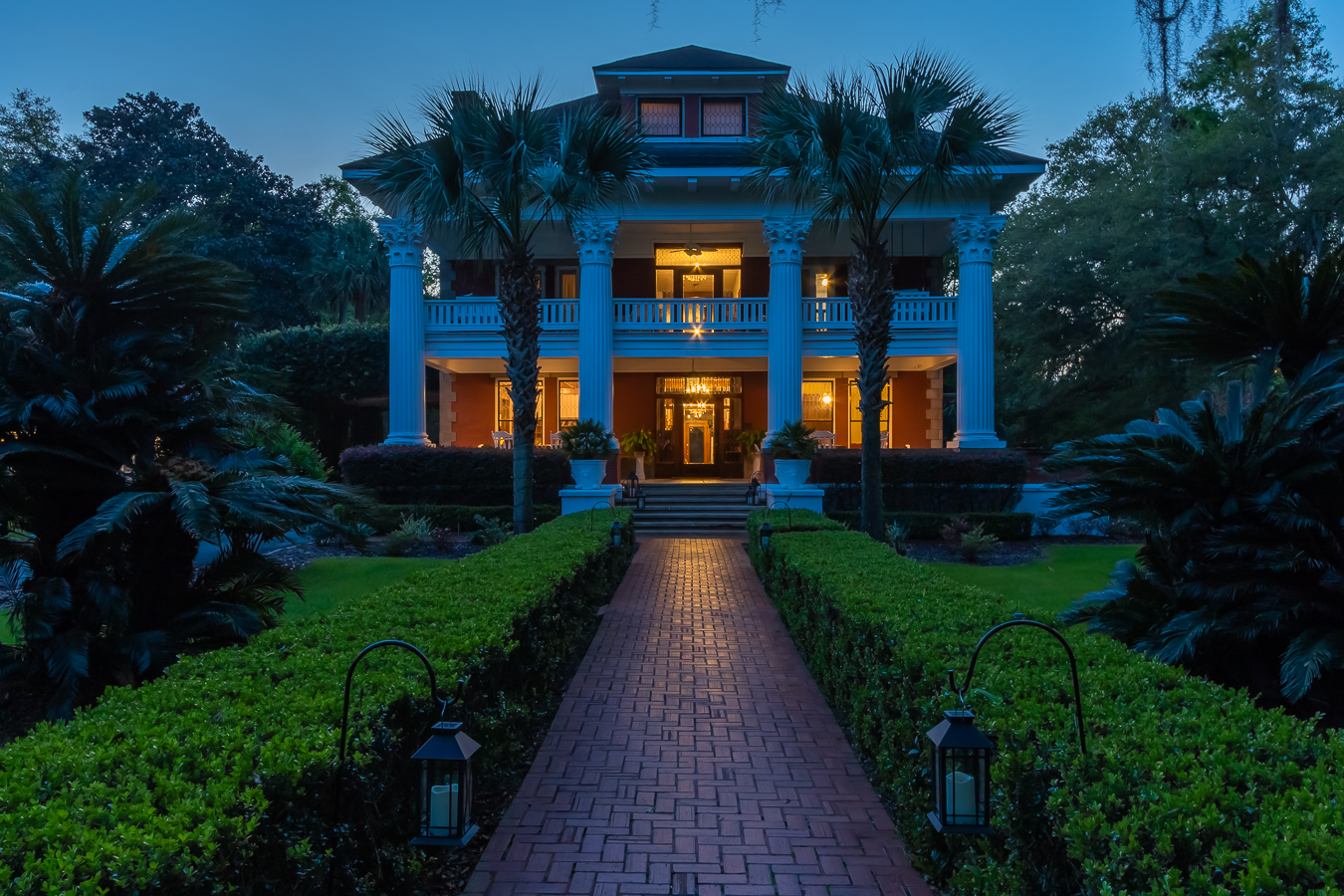
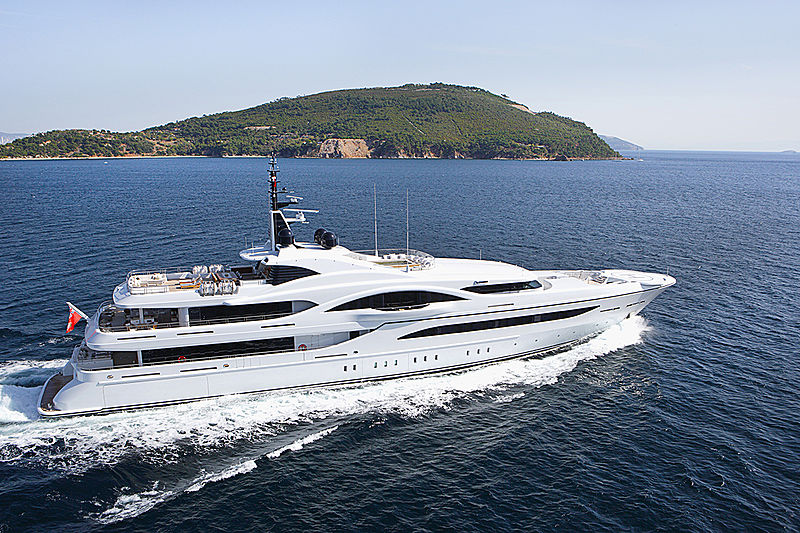
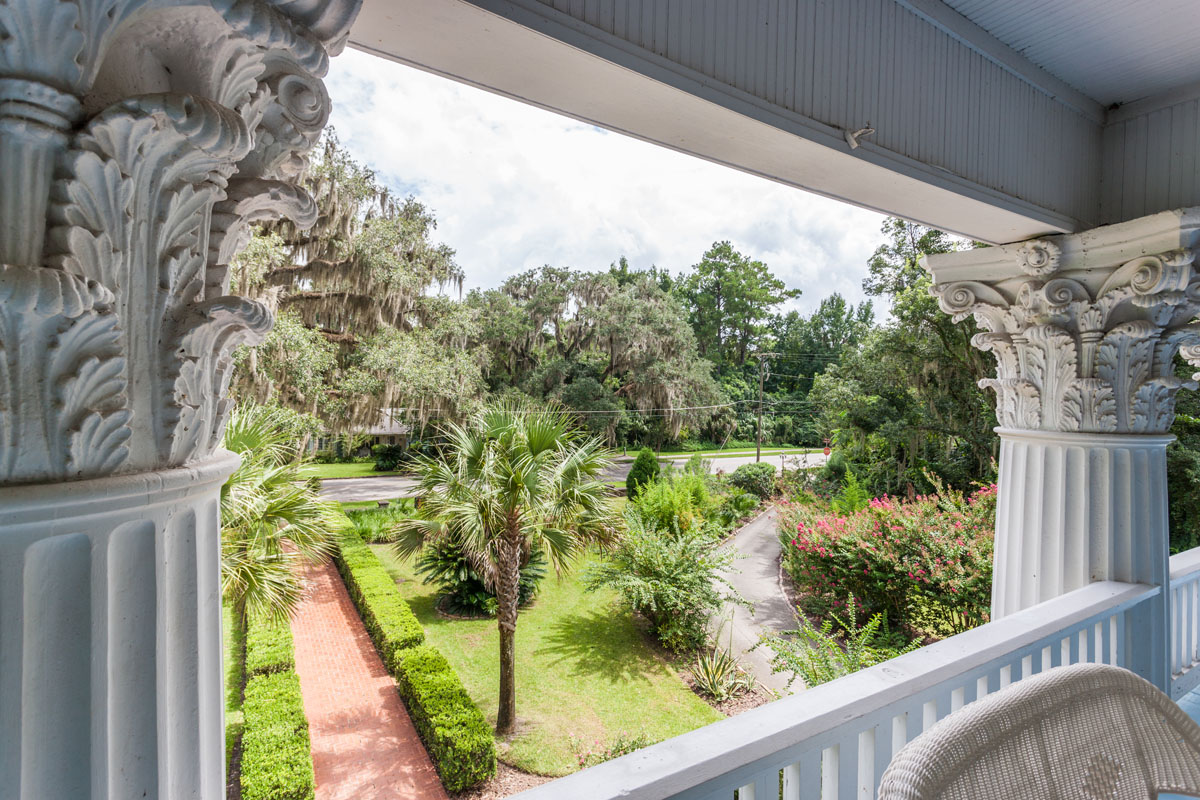
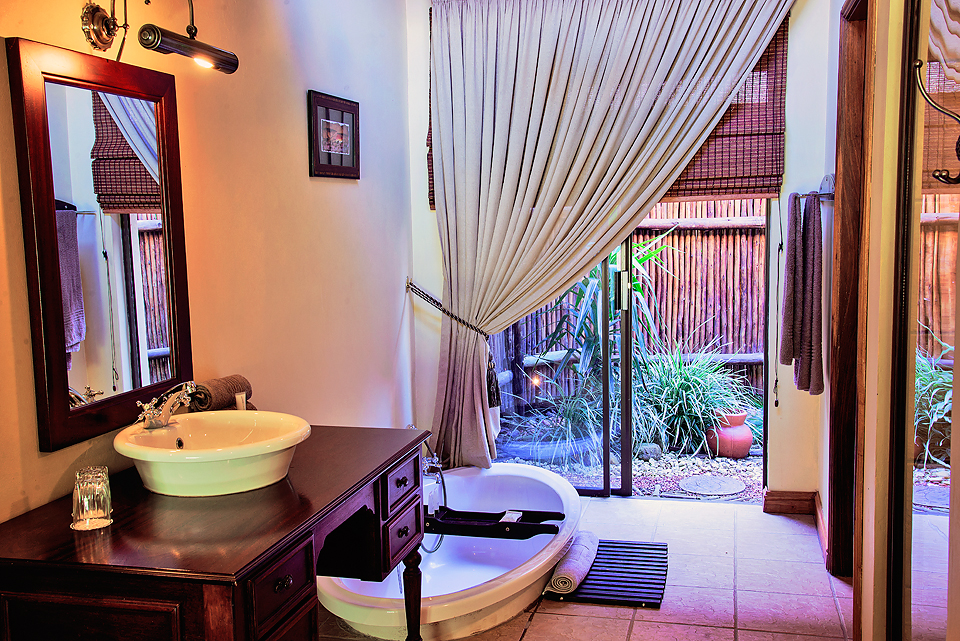
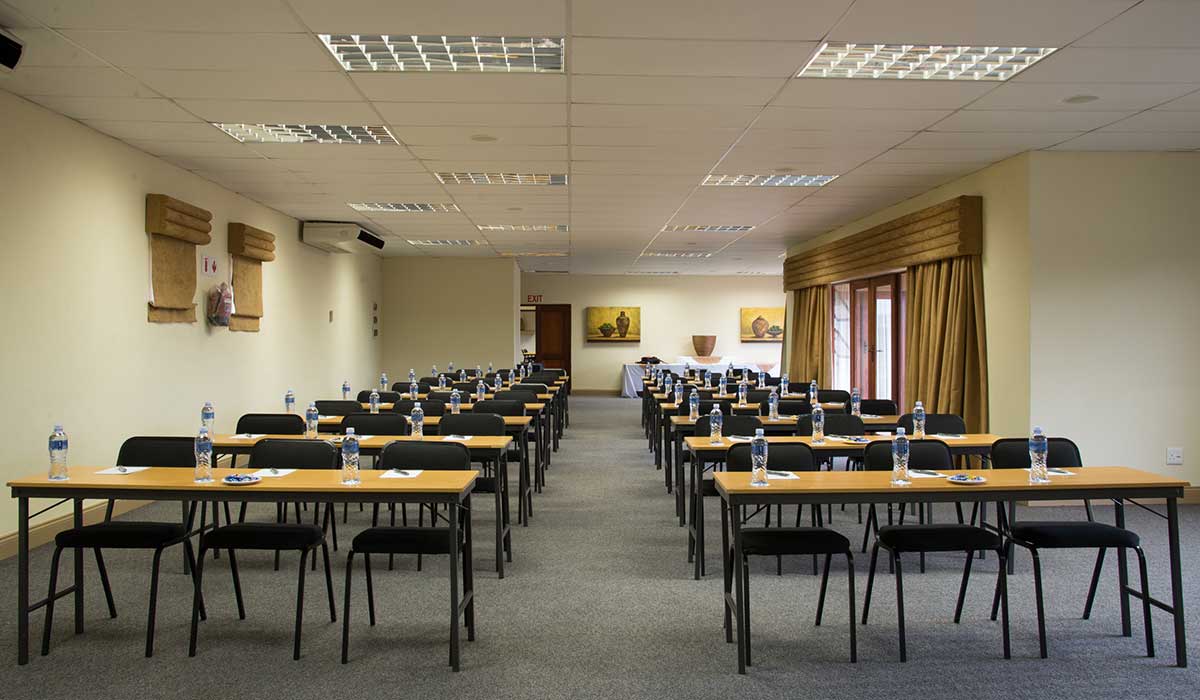
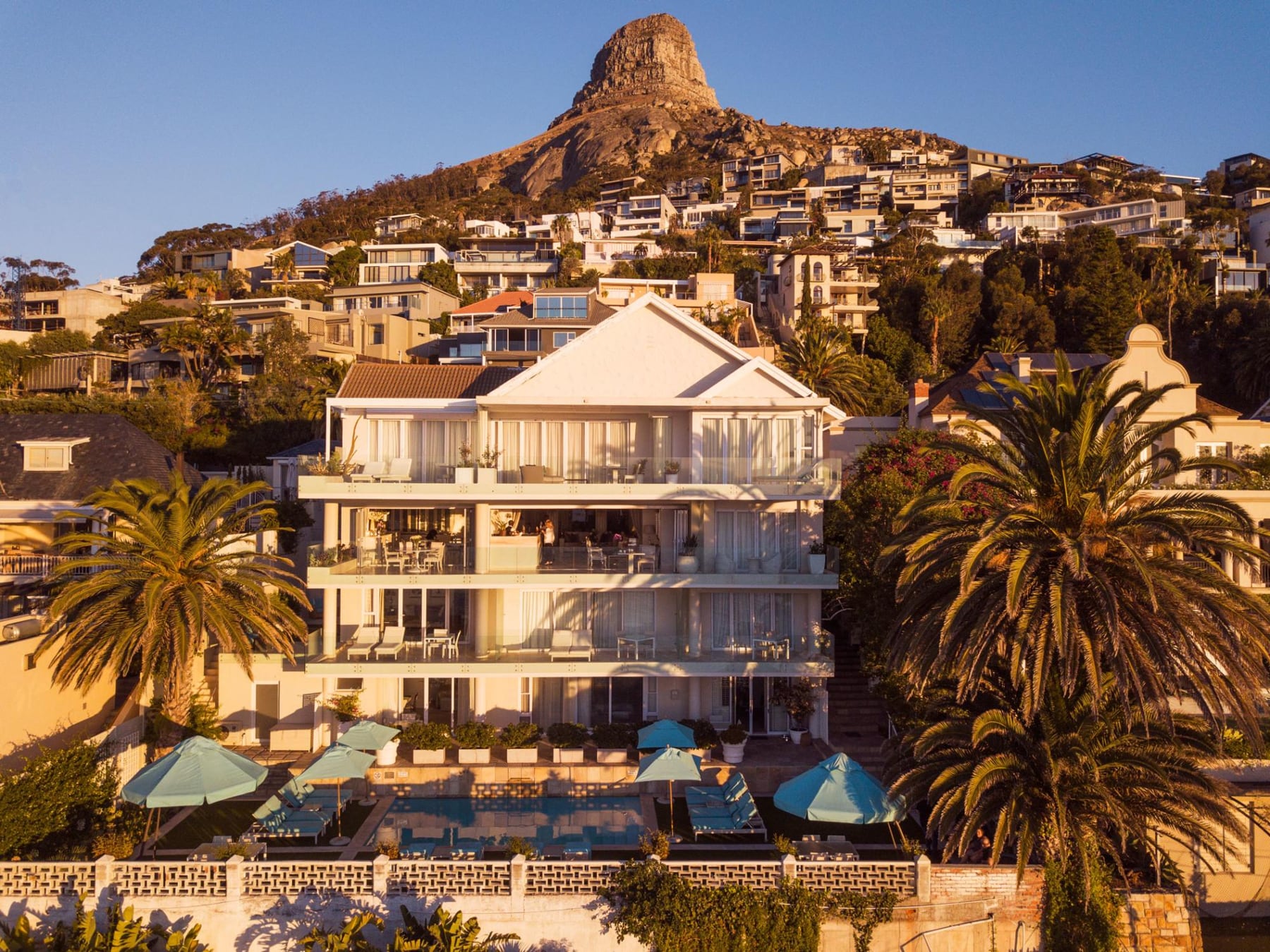
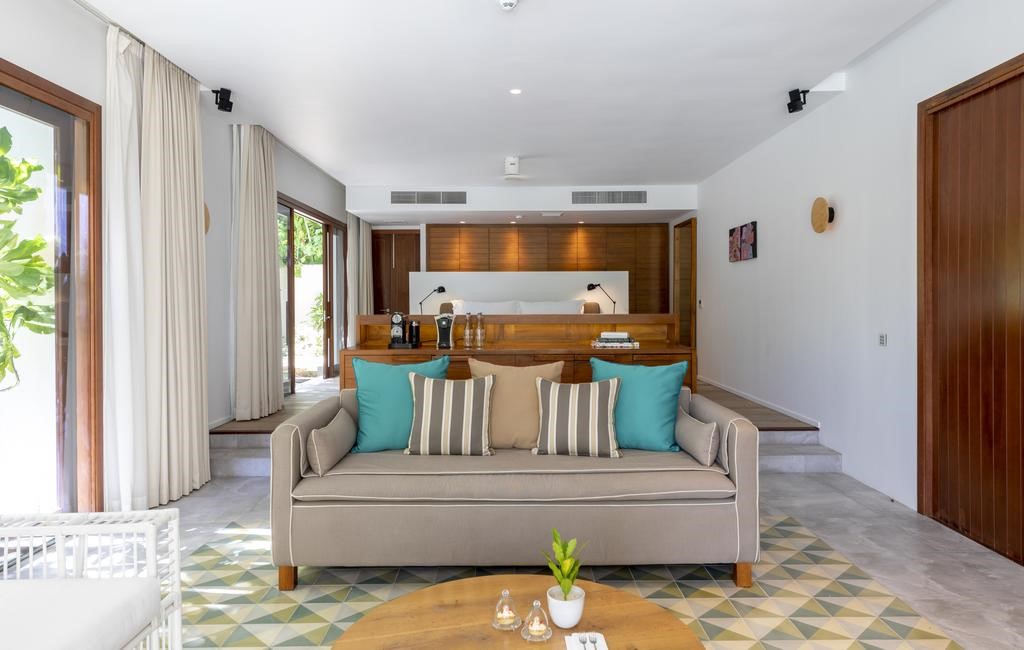
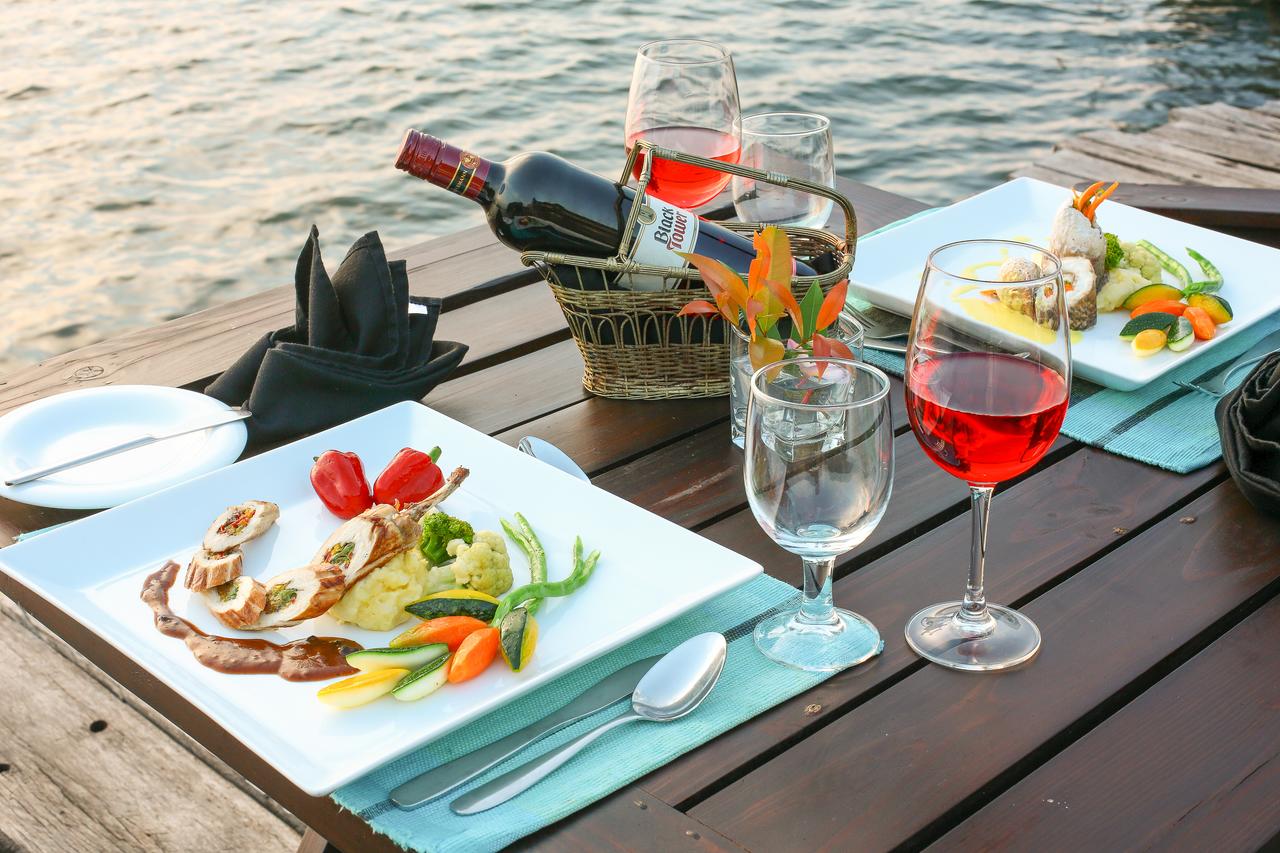
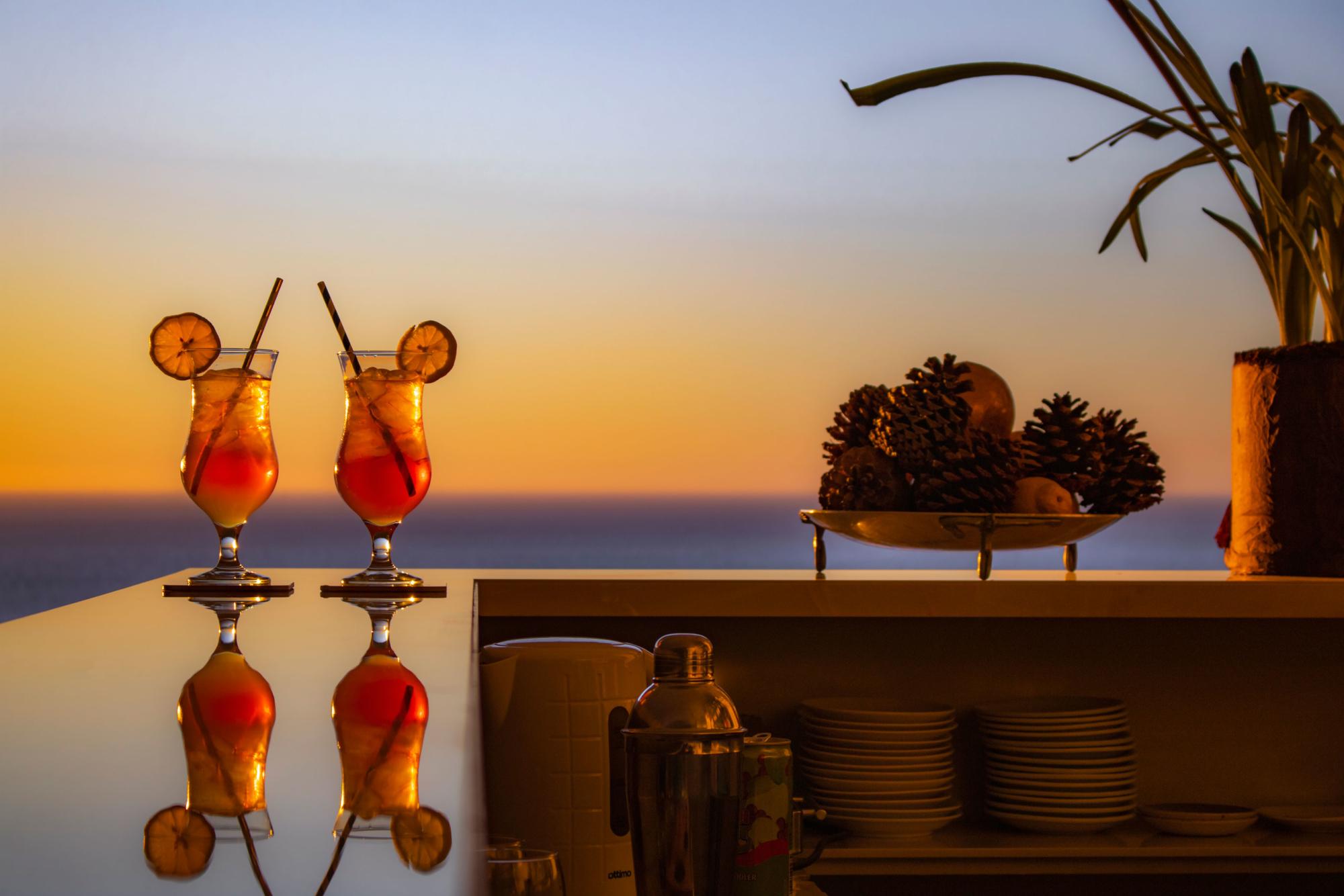
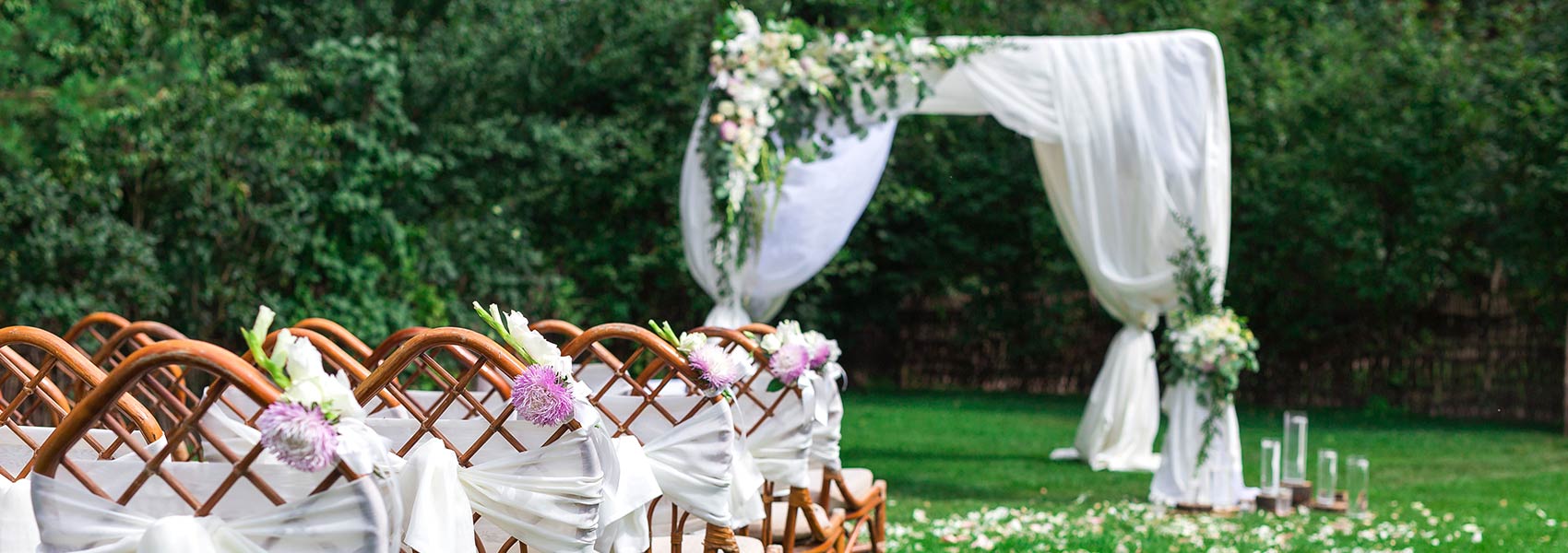
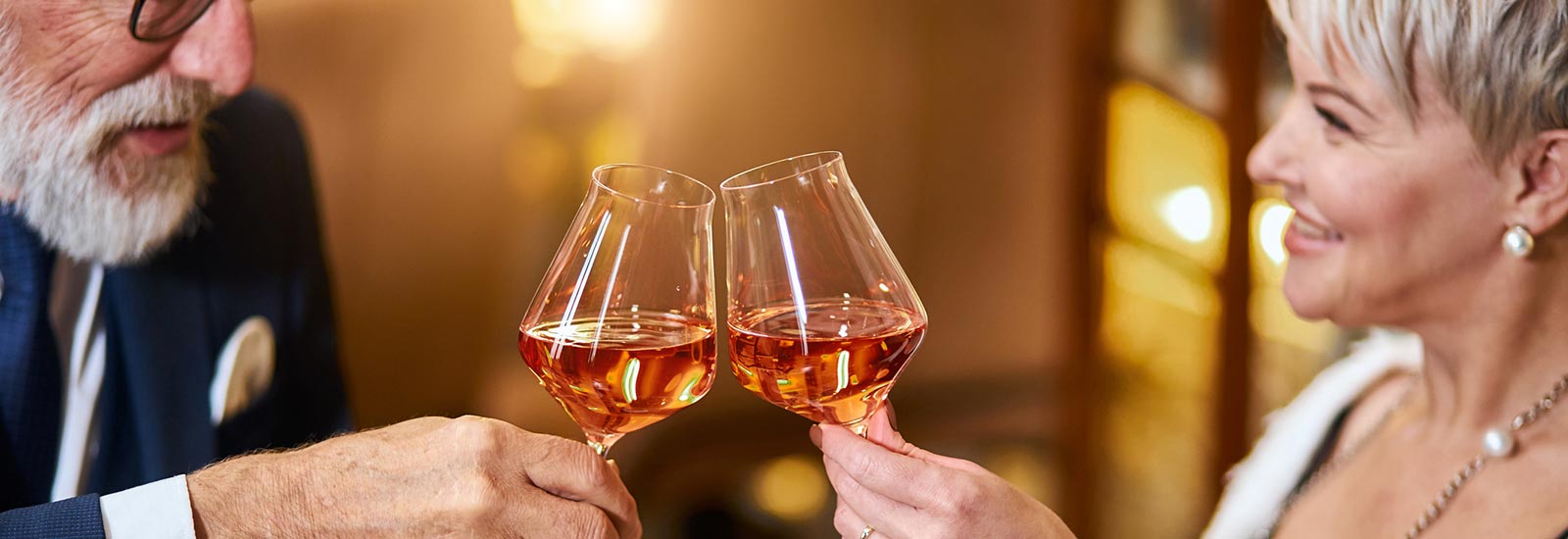
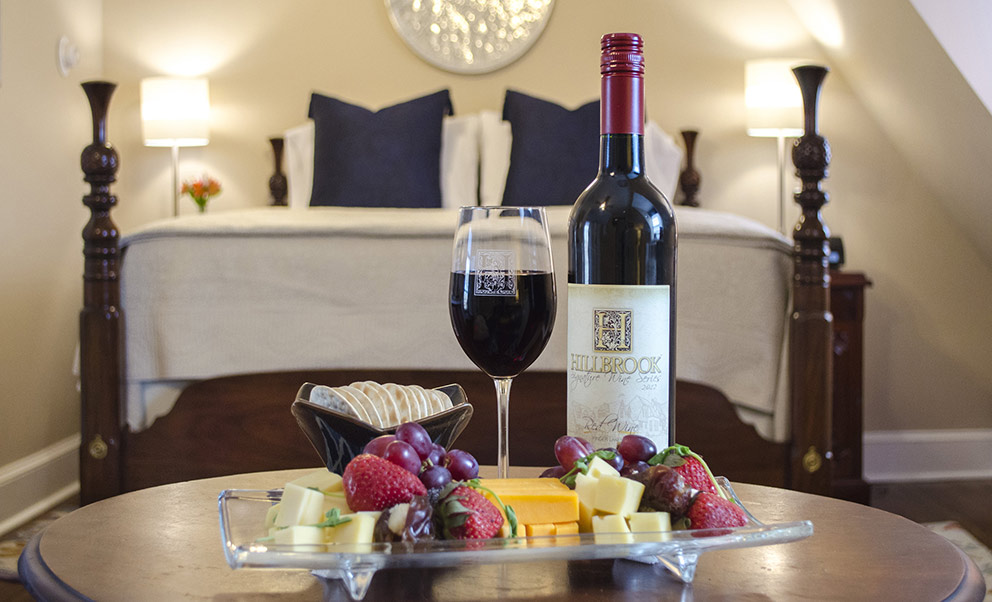

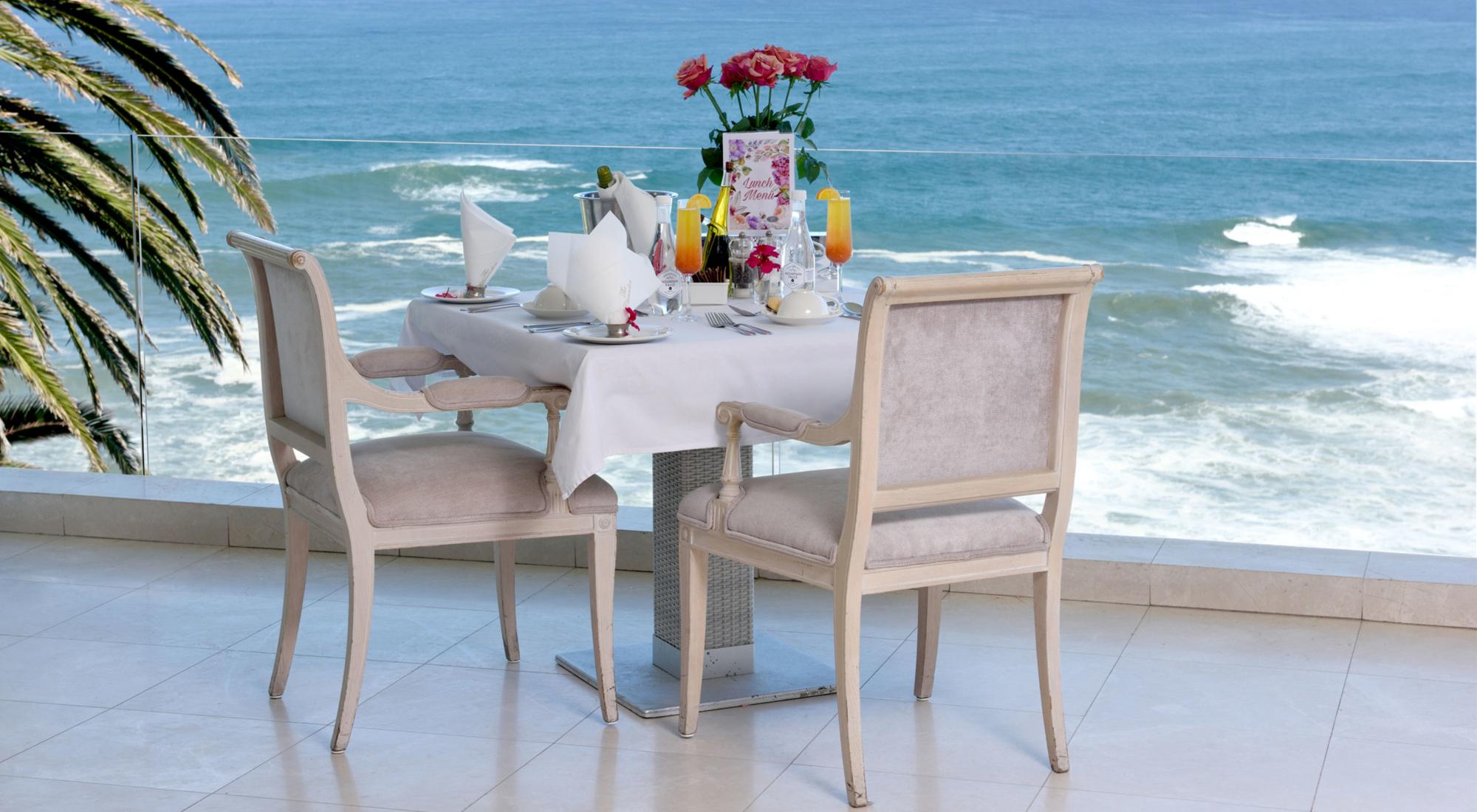


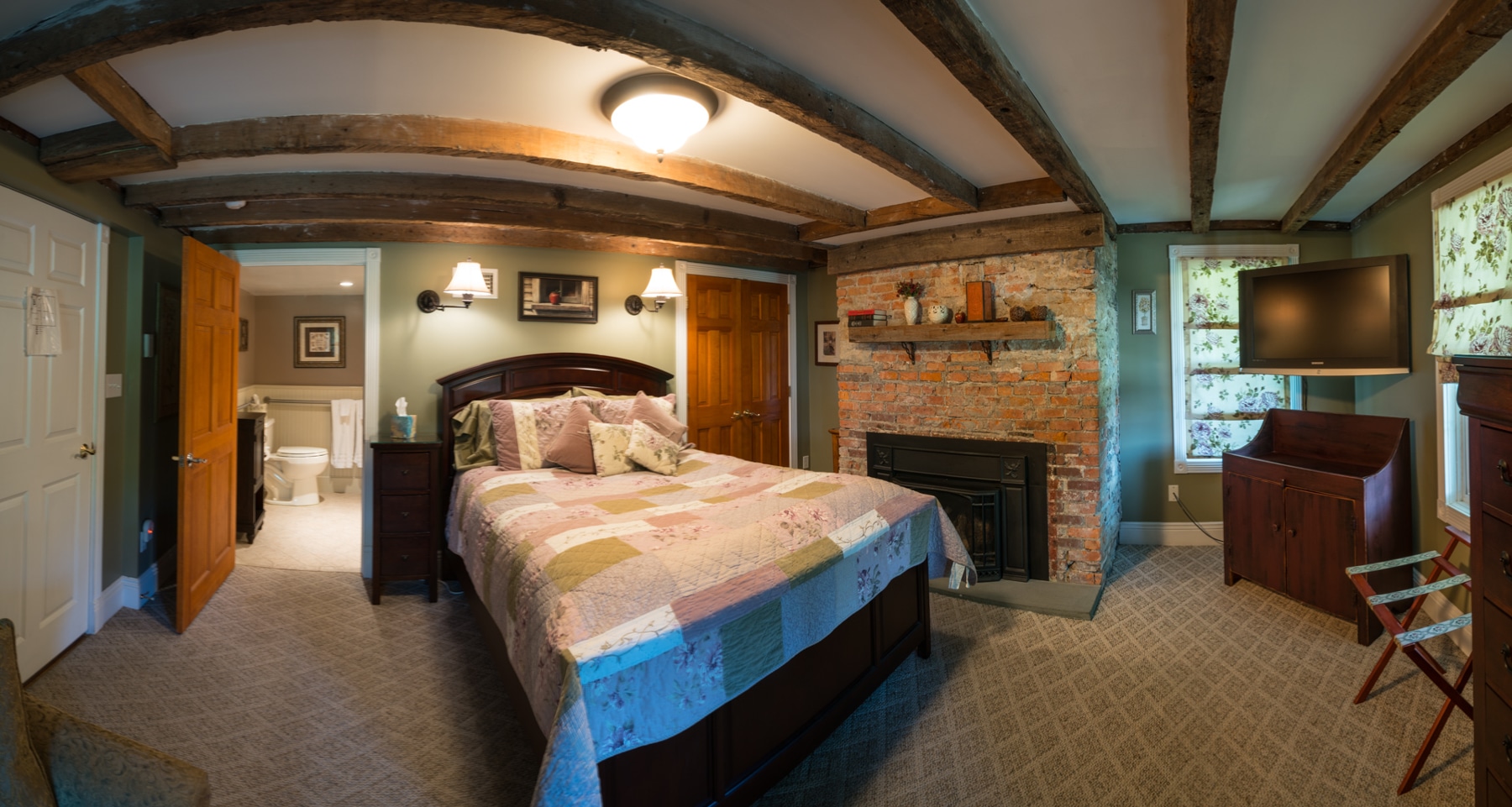
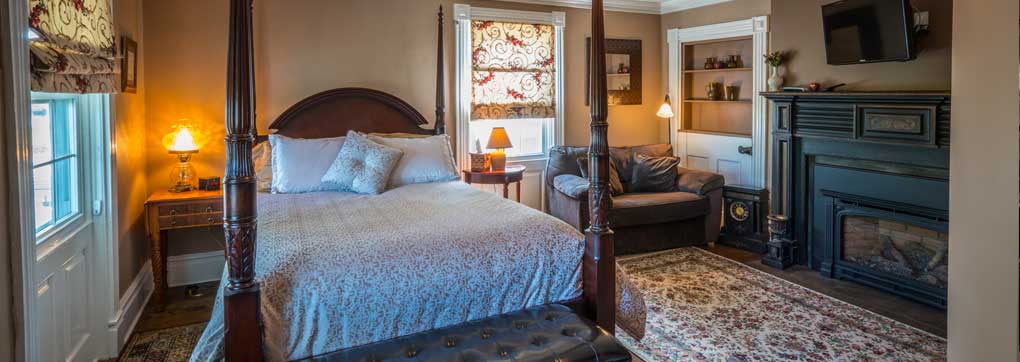
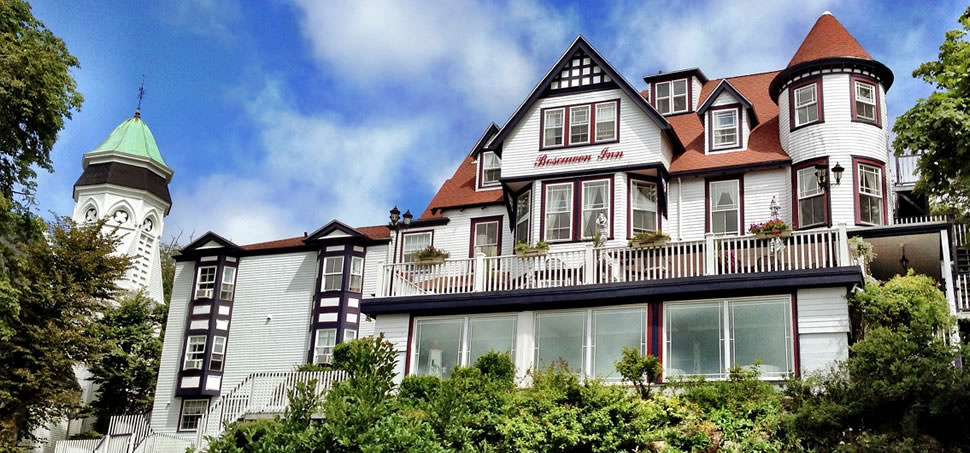
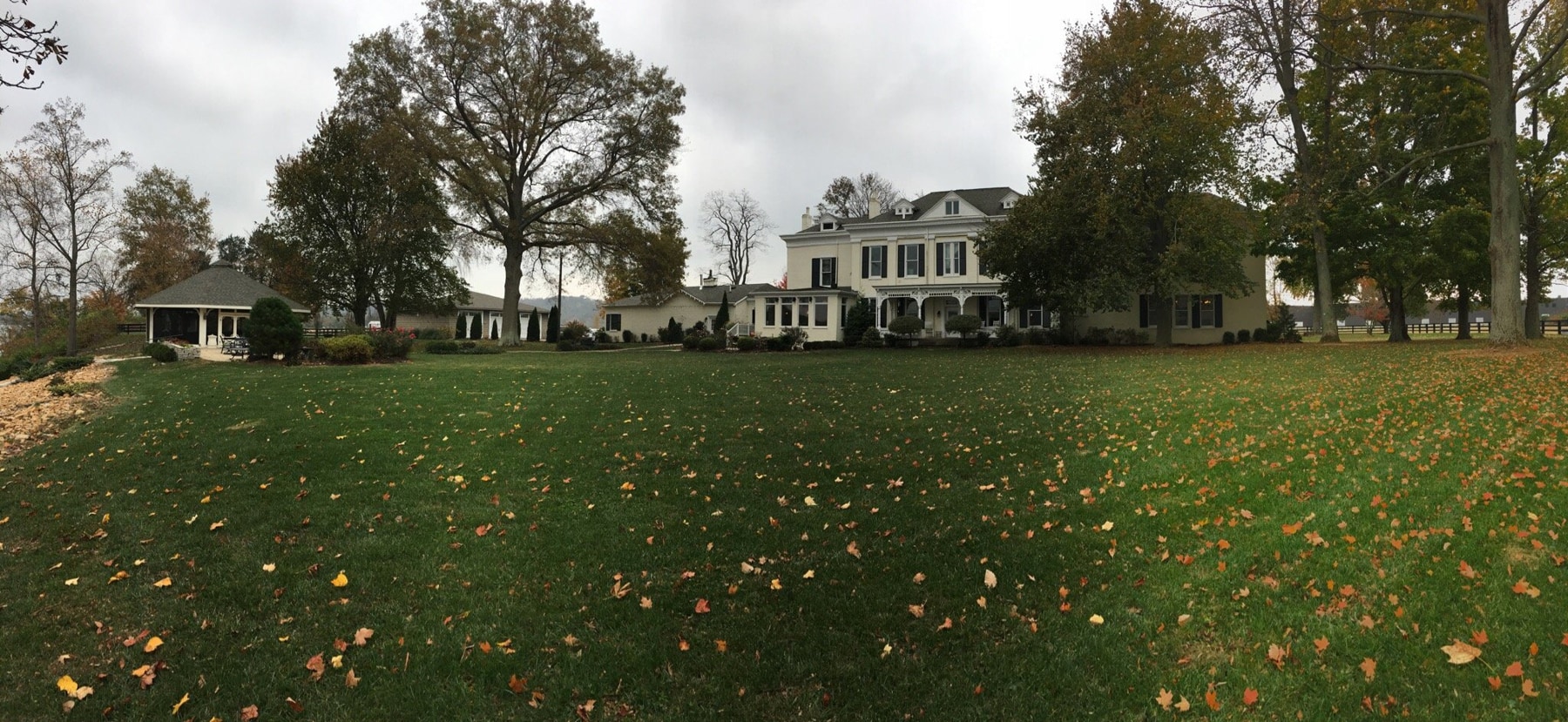

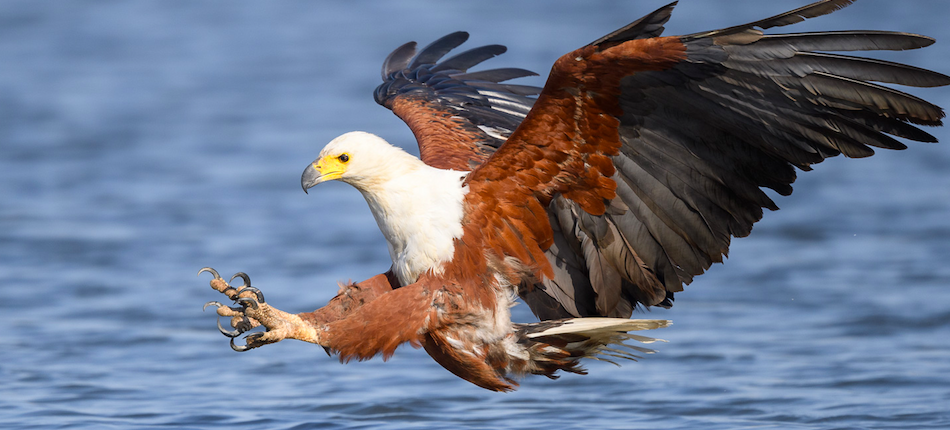
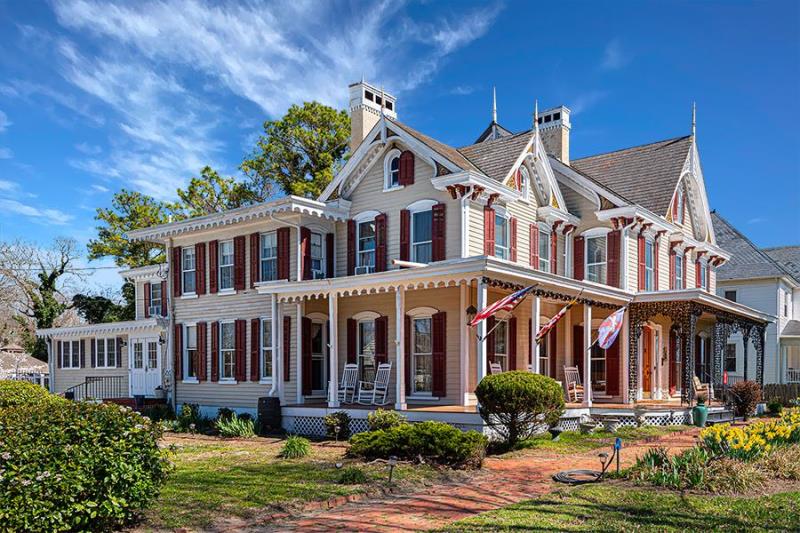
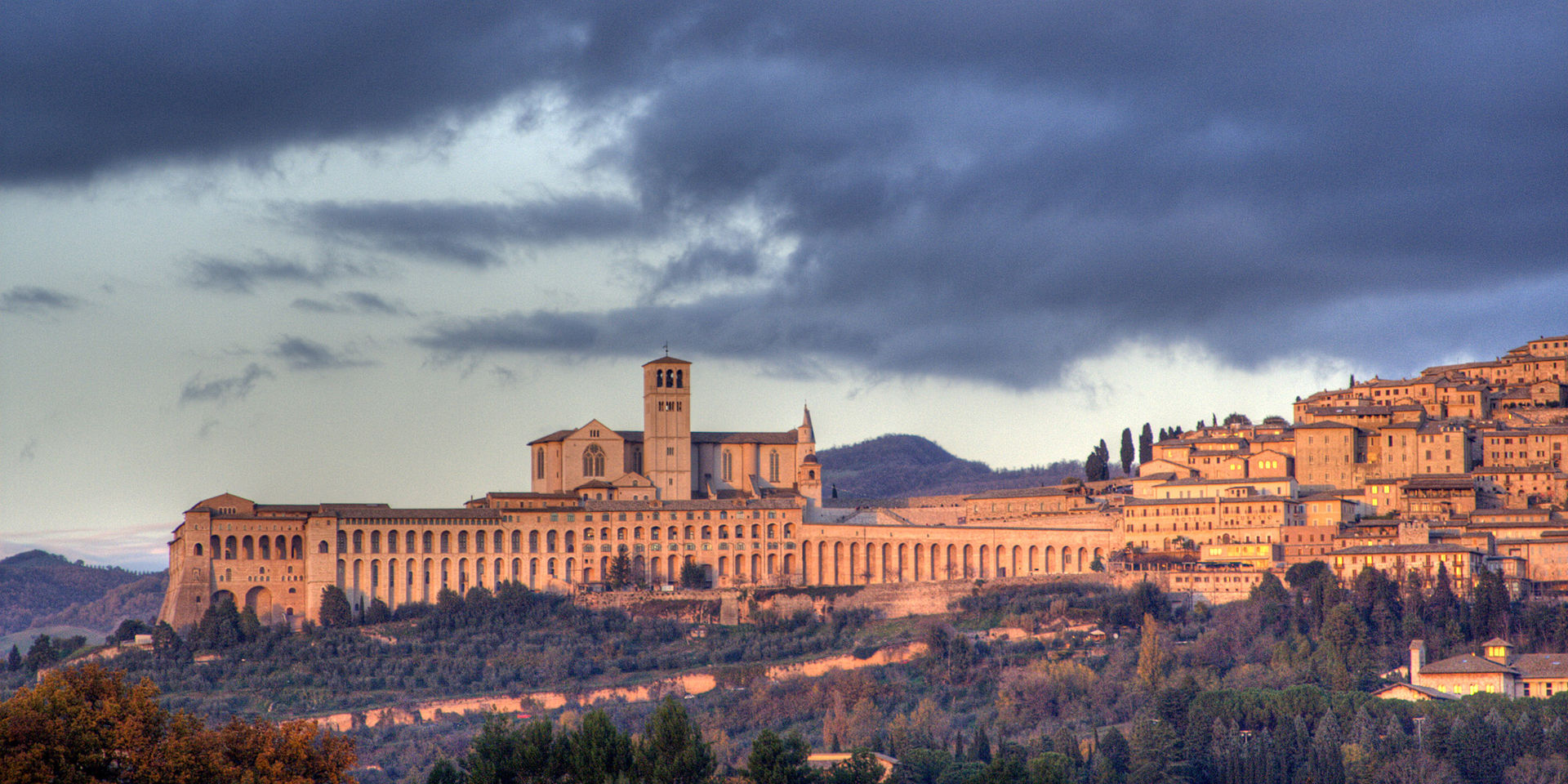
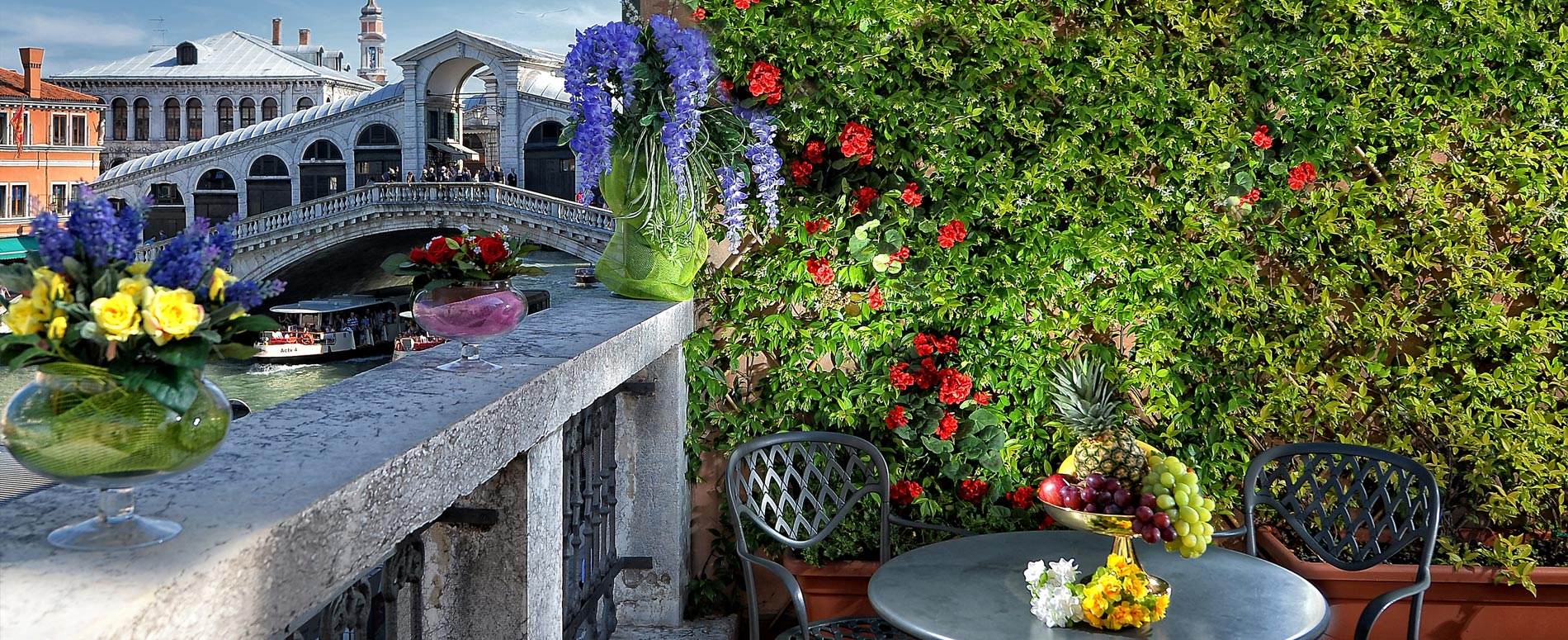
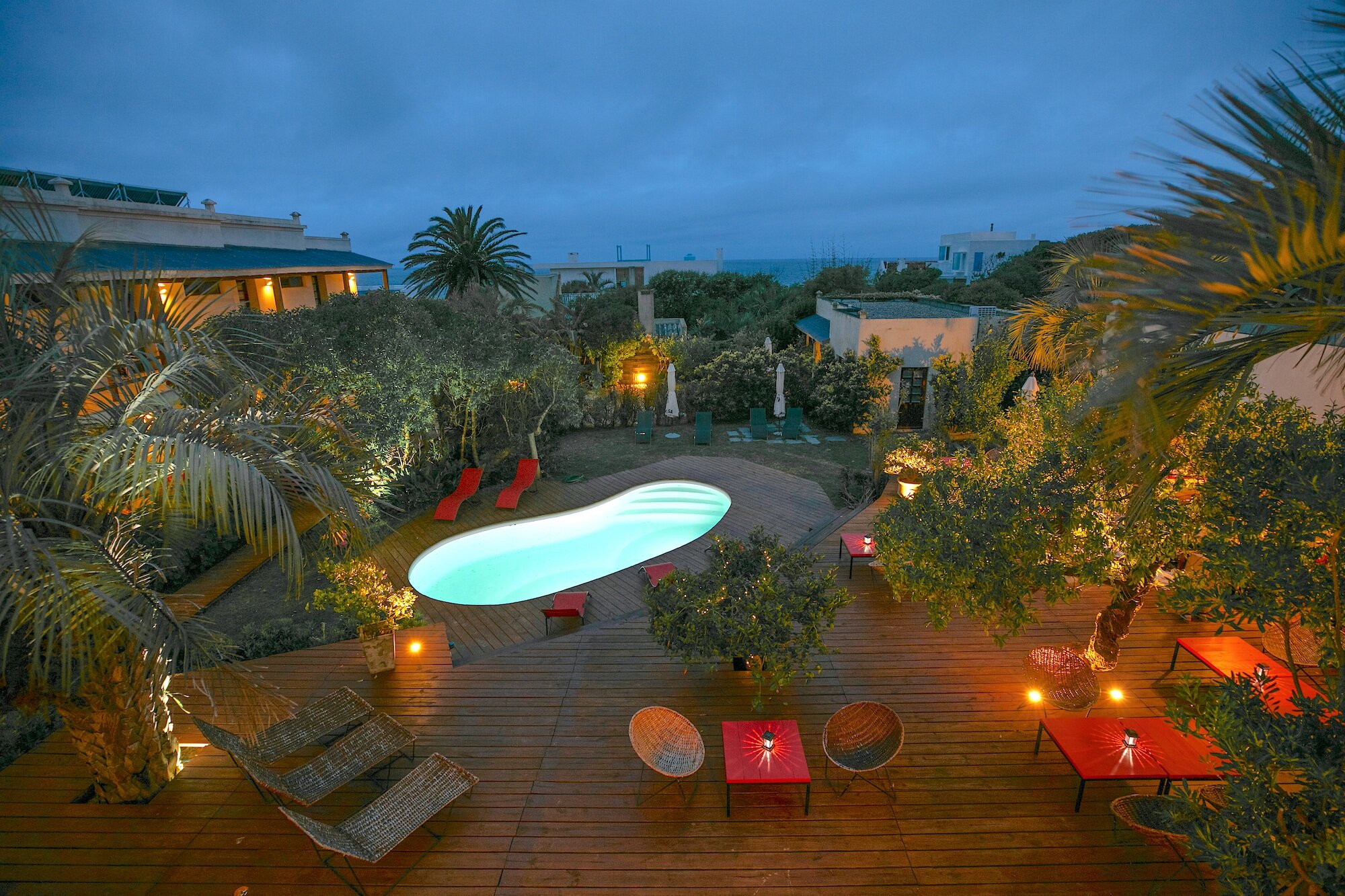
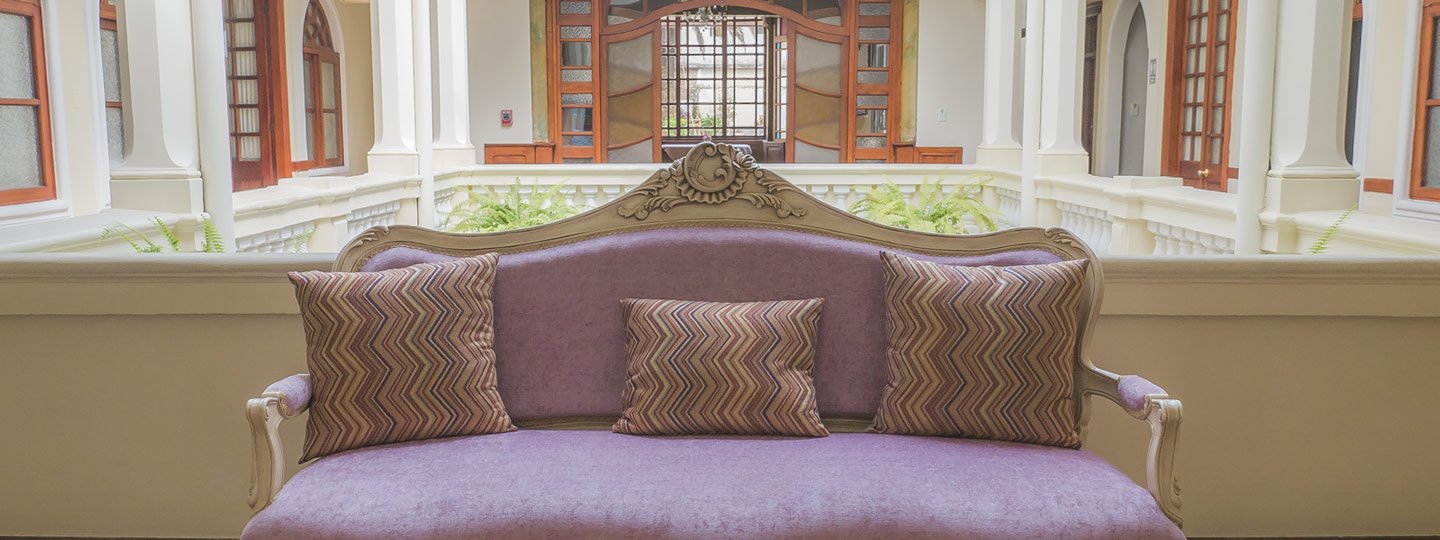
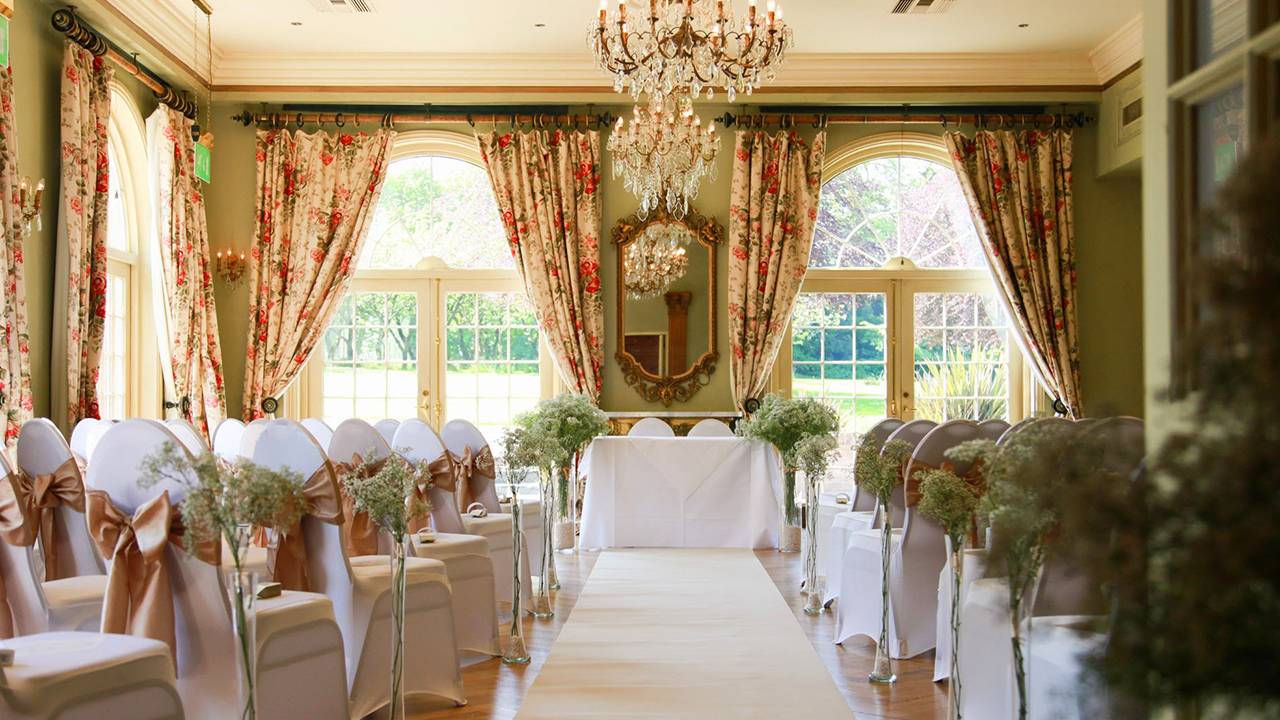
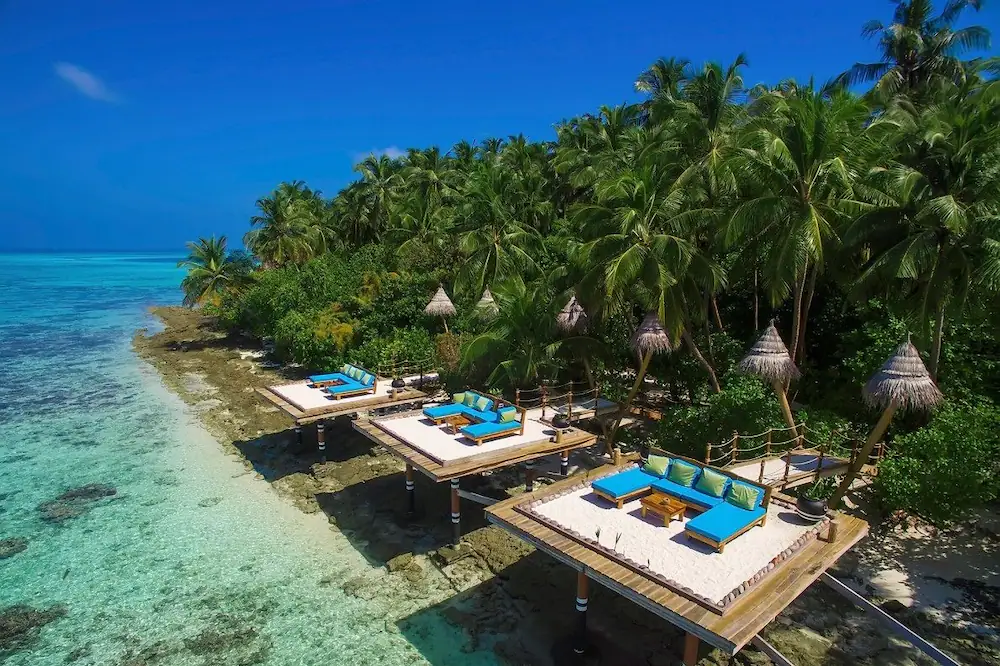
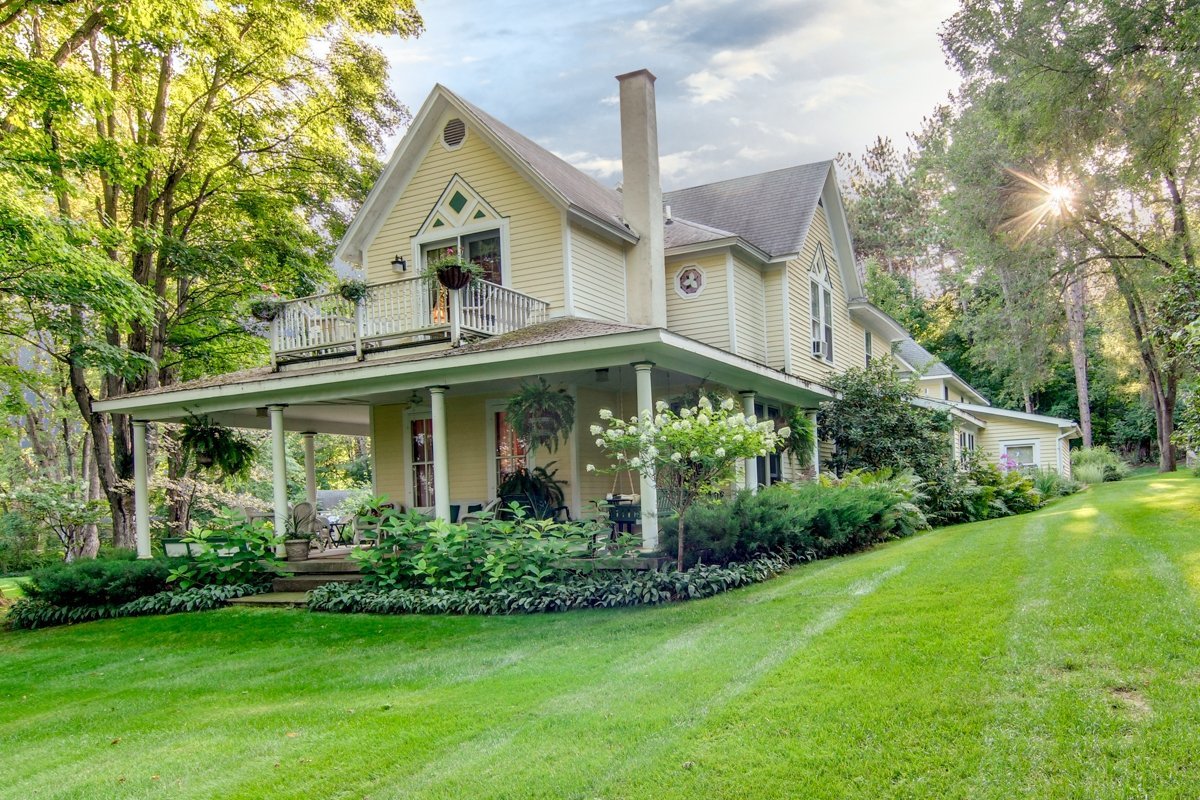
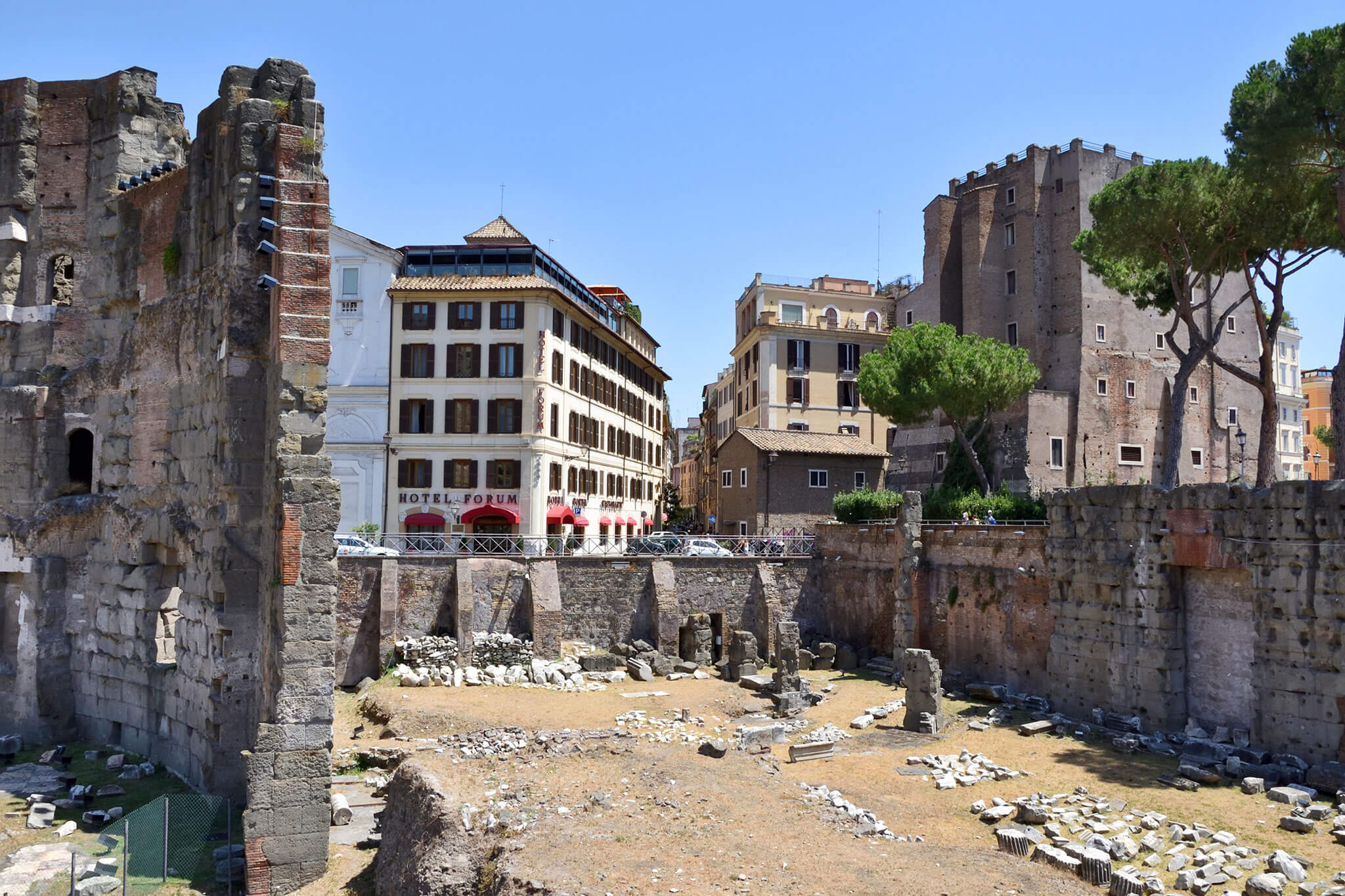
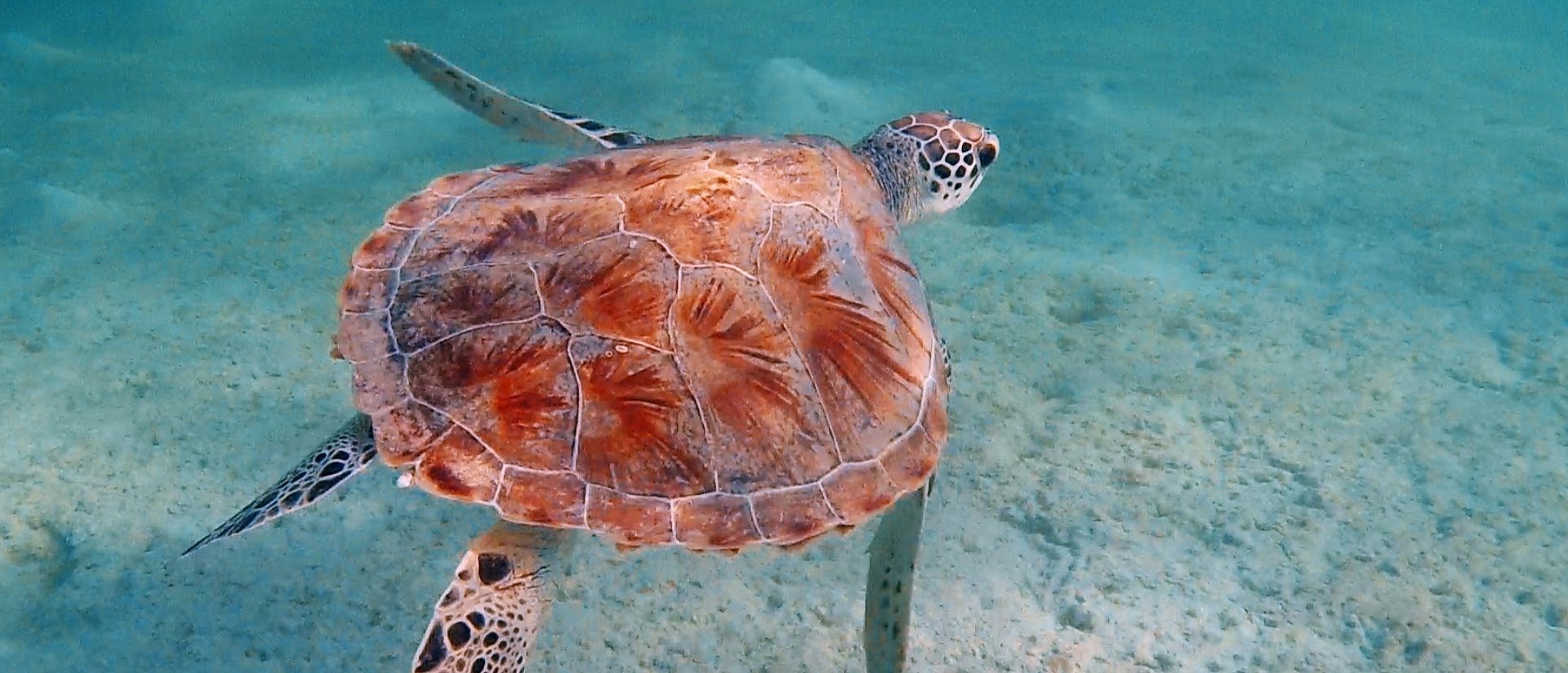
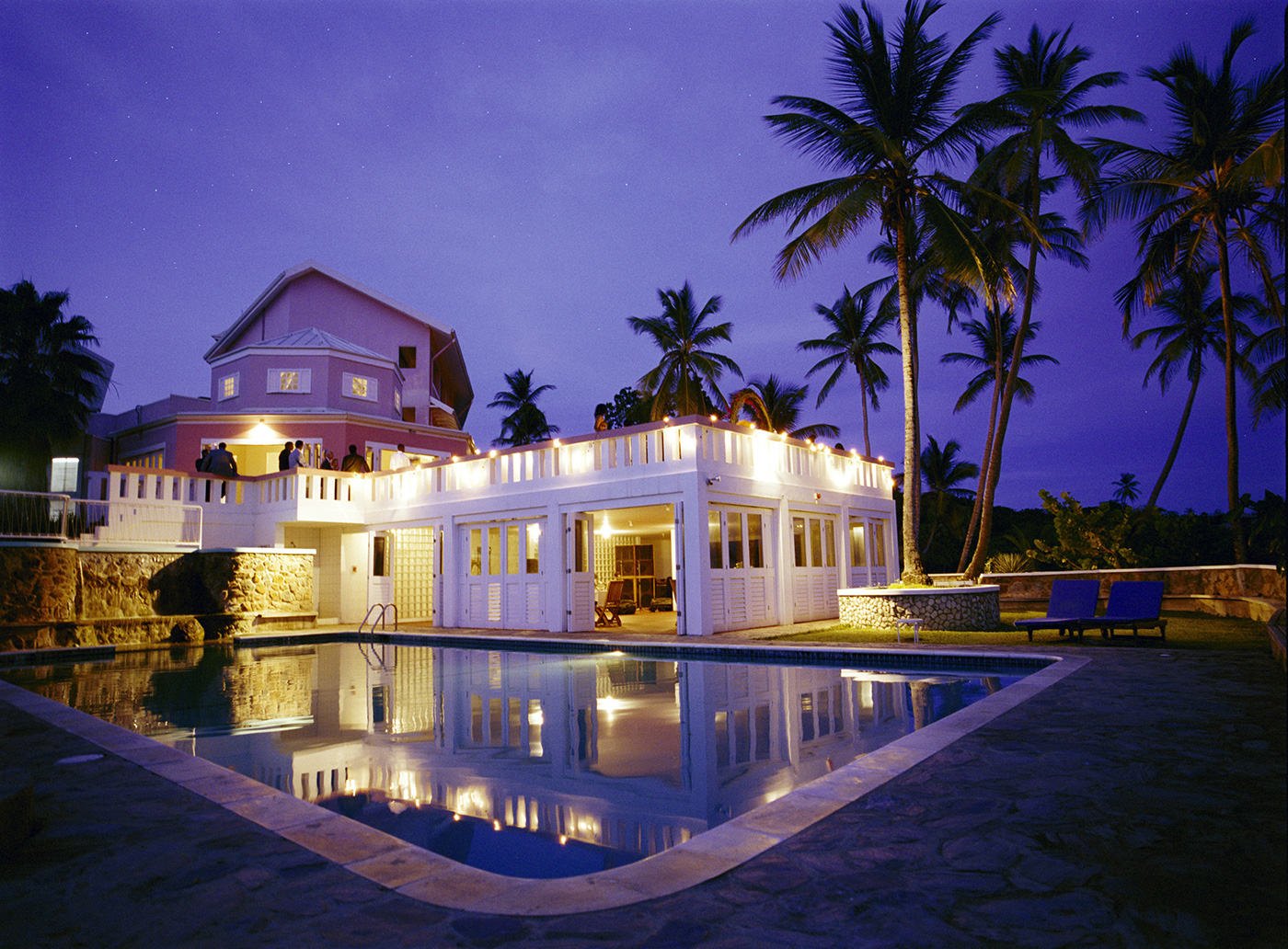
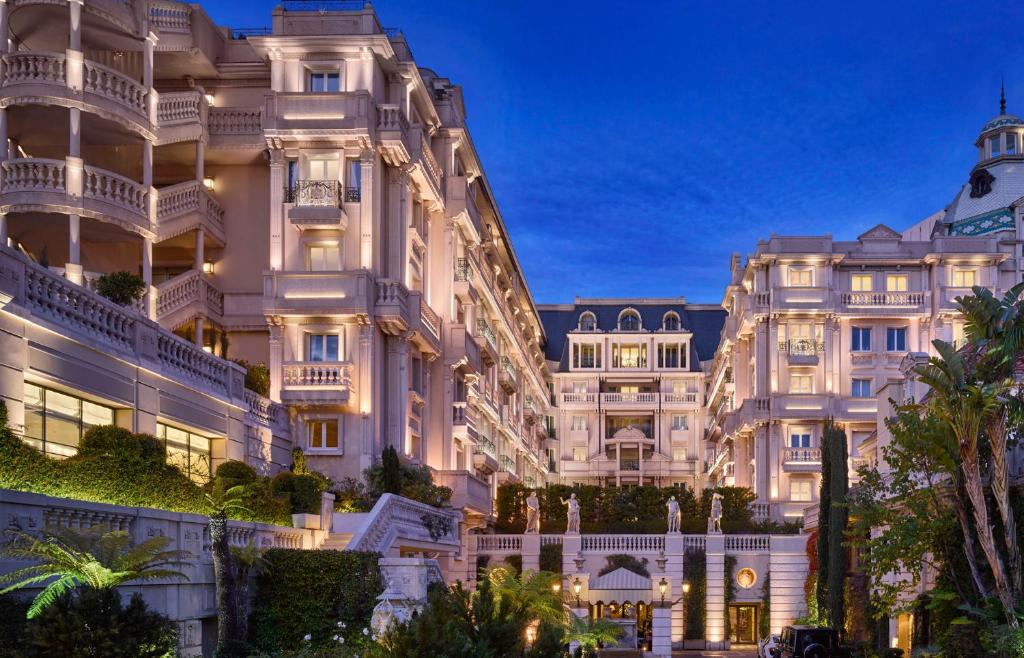
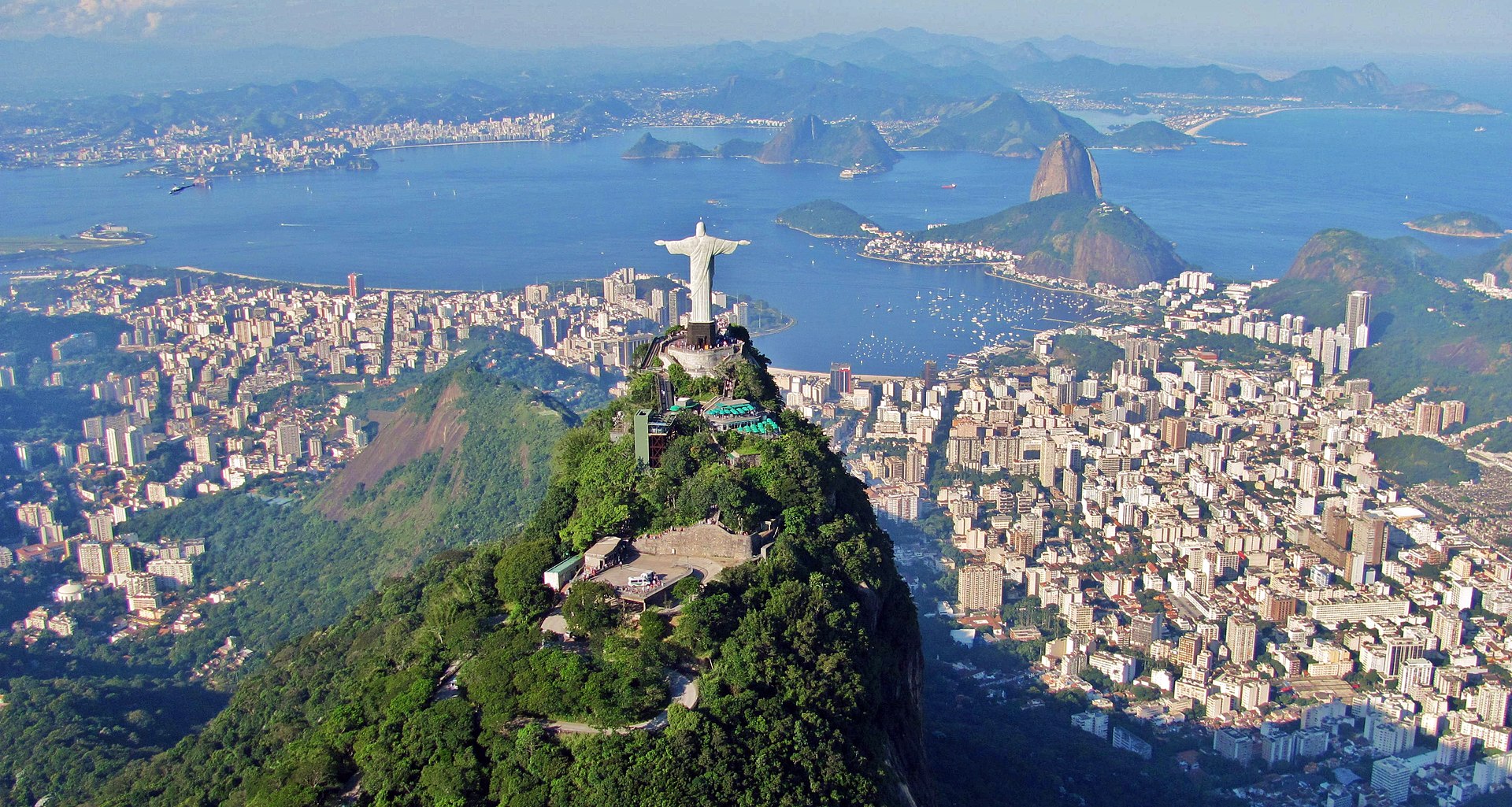
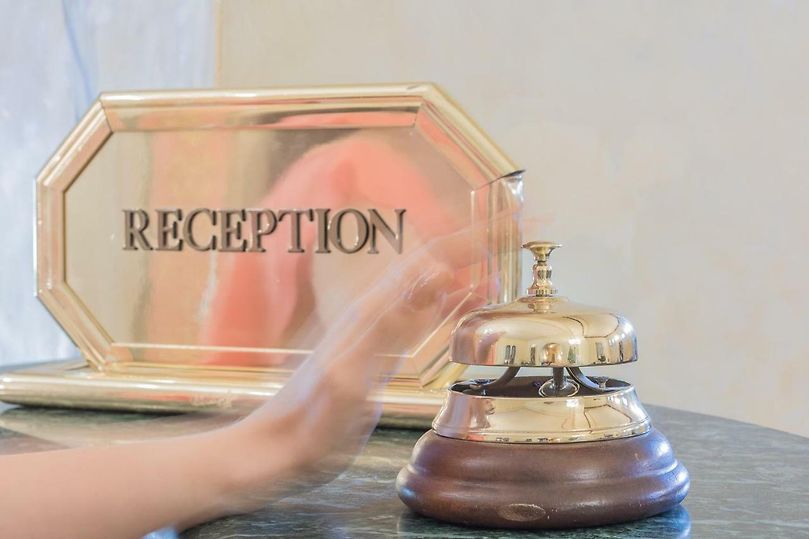
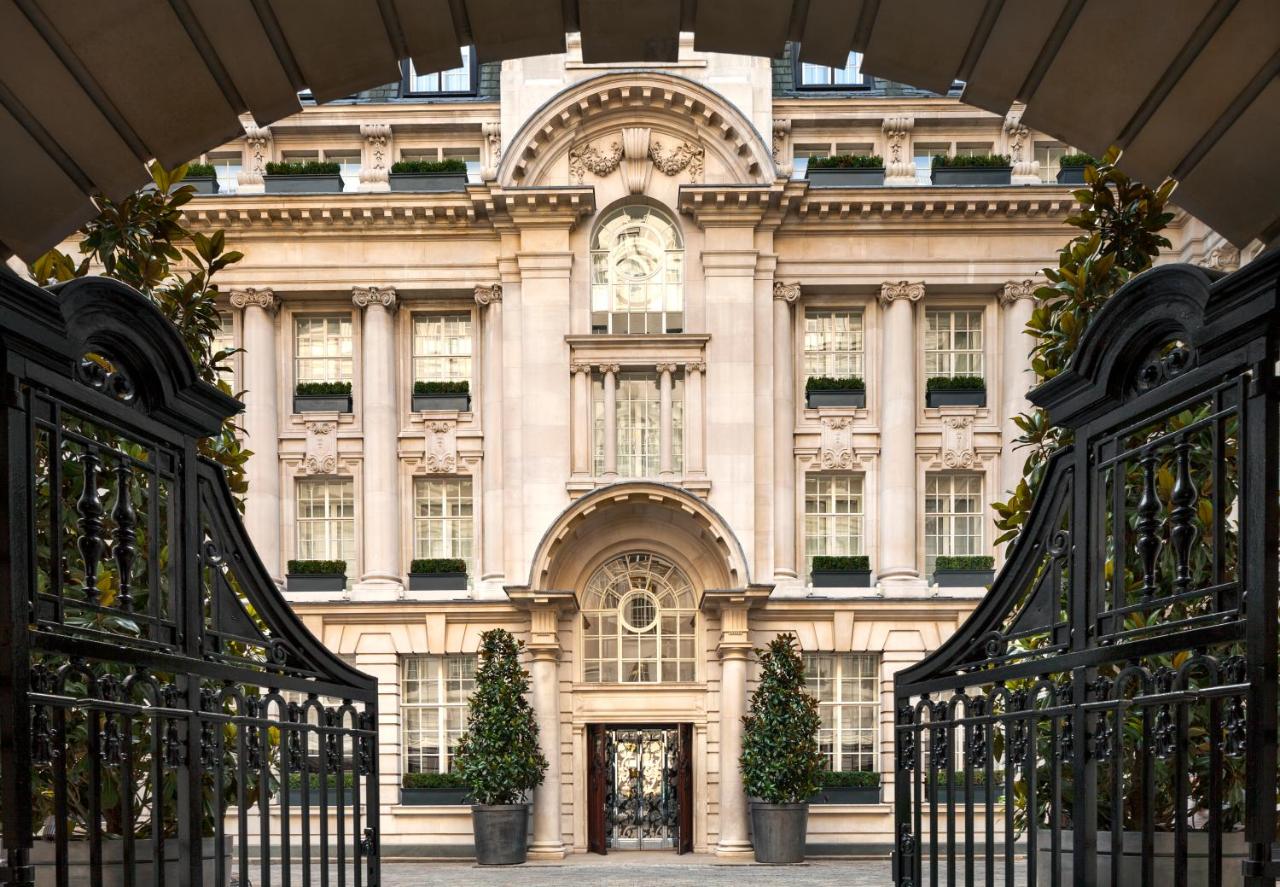
English Harbour, Antigua, Antigua and Barbuda
Agent: Cliff Jacobs - Managing Principal Estate Agent & CEO (Nat.Dpl.Hotel Man (UJ). M.P.R.E.)
Agent Cellphone: +27 (0) 84 413 1071 / +27 (0) 61 716 6951
Agent Office Number: +27 (0) 84 413 1071
Agent Email Address: cliff@exquisitehotelconsultants.com
Type: Beach Lodge
Bedrooms: 5
Bathrooms: 5
Showers: 5
Parking: 5
Yield: Not Disclosed
Antigua and Barbuda
Antigua and Barbuda is a sovereign island country in the Caribbean. It lies at the conjuncture of the Caribbean Sea and the Atlantic Ocean in the Leeward Islands part of the Lesser Antilles.
The country consists of two major islands, Antigua and Barbuda, which are approximately 40 km (25 mi) apart, and several smaller islands, including Great Bird, Green, Guiana, Long, Maiden, Prickly Pear, York, and Redonda. The permanent population is approximately 97,120 (2019 estimates), with 97% residing in Antigua. St. John's, Antigua, is the country's capital, major city, and largest port. Codrington is Barbuda's largest town.
In 1493, Christopher Columbus surveyed the island of Antigua, which he named for the Church of Santa María La Antigua. Great Britain colonized Antigua in 1632 and Barbuda in 1678. A part of the Federal Colony of the Leeward Islands from 1871, Antigua and Barbuda joined the West Indies Federation in 1958. With the breakup of the federation in 1962, it became one of the West Indies Associated States in 1967. Following a period of internal self-governance, it gained full independence from the United Kingdom on 1 November 1981. Antigua and Barbuda is a member of the Commonwealth and a Commonwealth realm; it is a constitutional monarchy with Charles III as its head of state.
The economy of Antigua and Barbuda is largely dependent on tourism, which accounts for 80% of its GDP. Like other island nations, Antigua and Barbuda is vulnerable to the effects of climate change, such as sea level rise, and increased intensity of extreme weather like hurricanes. These cause coastal erosion, water scarcity, and other challenges.
Antigua and Barbuda offers a citizenship by investment program. The country levies no personal income tax.
Etymology
Antigua is Spanish for 'ancient' and barbuda is Spanish for 'bearded'. The island of Antigua was originally called Wadadli by the Arawaks and is locally known by that name today; the Caribs possibly called Barbuda Wa'omoni. Christopher Columbus, while sailing by in 1493, may have named it Santa Maria la Antigua, after an icon in the Spanish Seville Cathedral. The "bearded" of Barbuda is thought to refer either to the male inhabitants of the island, or the bearded fig trees present there.
History
Antigua was first settled by archaic age hunter-gatherer Native Americans called the Ciboney. Carbon dating has established the earliest settlements started around 3100 BC. They were succeeded by the ceramic age pre-Columbian Arawak-speaking Saladoid people who migrated from the lower Orinoco River. They introduced agriculture, raising, among other crops, the famous Antigua Black Pineapple (Ananas comosus), corn, sweet potatoes, chiles, guava, tobacco, and cotton. Later on the more bellicose Caribs also settled the island, possibly by force.
European arrival and slavery
Christopher Columbus was the first European to sight the islands in 1493. The Spanish did not colonise Antigua until after a combination of European and African diseases, malnutrition, and slavery eventually extirpated most of the native population; smallpox was probably the greatest killer.
The English settled on Antigua in 1632; Christopher Codrington settled on Barbuda in 1685. Tobacco and then sugar were grown, worked by a large population of slaves transported from West Africa, who soon came to vastly outnumber the European settlers.
Colonial era
The English maintained control of the islands, repulsing an attempted French attack in 1666. The brutal conditions endured by the slaves led to revolts in 1701 and 1729 and a planned revolt in 1736, the last led by Prince Klaas, though it was discovered before it began and the ringleaders were executed. Slavery was abolished in the British Empire in 1833, affecting the economy. This was exacerbated by natural disasters such as the 1843 earthquake and the 1847 hurricane. Mining occurred on the isle of Redonda, however, this ceased in 1929 and the island has since remained uninhabited.
Part of the Leeward Islands colony, Antigua and Barbuda became part of the short-lived West Indies Federation from 1958 to 1962. Antigua and Barbuda subsequently became an associated state of the United Kingdom with full internal autonomy on 27 February 1967. The 1970s were dominated by discussions as to the island's future and the rivalry between Vere Bird of the Antigua and Barbuda Labour Party (ABLP) (Premier from 1967 to 1971 and 1976 to 1981) and the Progressive Labour Movement (PLM) of George Walter (Premier 1971–1976). Eventually, Antigua and Barbuda gained full independence on 1 November 1981; Vere Bird became prime minister of the new country. The country opted to remain within the Commonwealth, retaining Queen Elizabeth as head of state, with the first governor, Sir Wilfred Jacobs, as governor-general. Succeeding Sir Wilfred Jacobs were Sir James Carlisle (June 10, 1993 – June 30, 2007), Dame Louise Lake-Tack (July 17, 2007 – August 14, 2014.), and the present governor, Sir Rodney Williams: (August 14, 2014 – present).
Independence era
The first two decades of Antigua's independence were dominated politically by the Bird family and the ABLP, with Vere Bird ruling from 1981 to 1994, followed by his son Lester Bird from 1994 to 2004. Though providing a degree of political stability, and boosting tourism to the country, the Bird governments were frequently accused of corruption, cronyism and financial malfeasance. Vere Bird Jr., the elder son, was forced to leave the cabinet in 1990 following a scandal in which he was accused of smuggling Israeli weapons to Colombian drug traffickers. Another son, Ivor Bird, was convicted of selling cocaine in 1995.
In 1995, Hurricane Luis caused severe damage to Barbuda.
The ABLP's dominance of Antiguan politics ended with the 2004 Antiguan general election, which was won by Winston Baldwin Spencer's United Progressive Party (UPP). Winston Baldwin Spencer was Prime Minister of Antigua and Barbuda from 2004 to 2014. However the UPP lost the 2014 Antiguan general election, with the ABLP returning to power under Gaston Browne. ABLP won 15 of the 17 seats in the 2018 snap election under the leadership of incumbent Prime Minister Gaston Browne.
In 2016, Nelson's Dockyard was designated as a UNESCO World Heritage Site.
Most of Barbuda was devastated in early September 2017 by Hurricane Irma, which brought winds with speeds reaching 295 km/h (185 mph). The storm damaged or destroyed 95% of the island's buildings and infrastructure, leaving Barbuda "barely habitable" according to Prime Minister Gaston Browne. Nearly everyone on the island was evacuated to Antigua. Amidst the following rebuilding efforts on Barbuda that were estimated to cost at least $100 million, the government announced plans to revoke a century-old law of communal land ownership by allowing residents to buy land; a move that has been criticised as promoting "disaster capitalism".
Geography
Limestone formations, rather than volcanic activity, have had the most impact on the topography of both Antigua and Barbuda, which are both relatively low-lying islands. Boggy Peak, also known as Mt. Obama from 2008 to 2016, is the highest point on both Antigua and Barbuda. It is the remnant of a volcanic crater and rises a total of 402 meters. Boggy Peak is located in the southwest of Antigua (1,319 feet).
Both of these islands have very irregularly shaped coastlines that are dotted with beaches, lagoons, and natural harbors. There are reefs and shoals that surround the islands on all sides. Because of the low amount of rainfall, there are not many streams. On neither of these islands can sufficient quantities of fresh groundwater be found.
Redonda is a small, uninhabited island located about 40 kilometers (25 miles) to the south-west of Antigua. Redonda is a rocky island.
Cities and villages
The most populous cities in Antigua and Barbuda are mostly on Antigua, being Saint John's, All Saints, Piggotts, and Liberta. The most populous city on Barbuda is Codrington. It is estimated that 25% of the population lives in an urban area, which is much lower than the international average of 55%.
Islands
Antigua and Barbuda consists mostly of its two namesake islands, Antigua, and Barbuda. Other than that, Antigua and Barbuda's biggest islands are Guiana Island and Long Island off the coast of Antigua, and Redonda island, which is far from both of the main islands.
Climate
Rainfall averages 990 mm (39 in) per year, with the amount varying widely from season to season. In general the wettest period is between September and November. The islands generally experience low humidity and recurrent droughts. Temperatures average 27 °C (80.6 °F), with a range from 23 °C (73.4 °F) to 29 °C (84.2 °F) in the winter to from 25 °C (77.0 °F) to 30 °C (86.0 °F) in the summer and autumn. The coolest period is between December and February.
Hurricanes strike on an average of once a year, including the powerful Category 5 Hurricane Irma, on 6 September 2017, which damaged 95% of the structures on Barbuda. Some 1,800 people were evacuated to Antigua.
Officials quoted by Time indicated that over $100 million would be required to rebuild homes and infrastructure. Philmore Mullin, Director of Barbuda's National Office of Disaster Services, said that "all critical infrastructure and utilities are non-existent – food supply, medicine, shelter, electricity, water, communications, waste management". He summarised the situation as follows: "Public utilities need to be rebuilt in their entirety... It is optimistic to think anything can be rebuilt in six months ... In my 25 years in disaster management, I have never seen something like this."
Environmental issues
Like other island nations, Antigua and Barbuda faces unique environmental issues created by its proximity to the ocean and small size. These include pressures on drinking water resources, natural ecosystems, and deforestation more generally.
Existing issues on the island are further made worse by climate change, where, not unlike other island nations affected by climate change, sea level rise and increased weather variability, create increased pressures on the communities on the islands and the land, through processes like coastal erosion and saltwater intrusion.
Antigua has a population of 93,219, mostly made up of people of West African, British, and Portuguese descent. The ethnic distribution consists of 91% Black, 4.4% mixed race, 1.7% White, and 2.9% Other (primarily East Indian). Most Whites are of British descent. Christian Levantine Arabs and a small number of East Asians and Sephardic Jews make up the remainder of the population.
An increasingly large percentage of the population lives abroad, most notably in the United Kingdom (Antiguan Britons), the United States and Canada. A minority of Antiguan residents are immigrants from other countries, particularly from Dominica, Guyana and Jamaica, and, increasingly, from the Dominican Republic, St. Vincent and the Grenadines and Nigeria. An estimated 4,500 American citizens also make their home in Antigua and Barbuda, making their numbers one of the largest American populations in the English-speaking Eastern Caribbean. 68.47% of the population was born in Antigua and Barbuda.
Languages
The language most commonly used in business is English. There is a noticeable distinction between the Antiguan accent and the Barbudan one.
When compared to Antiguan Creole, Standard English was the language of choice in the years leading up to Antigua and Barbuda's attainment of their independence. The Antiguan Creole language is looked down upon by the upper and middle classes in general. The Antiguan Creole language is discouraged from use in the educational system, and instruction is carried out in Standard (British) English instead.
A significant number of the words that are used in the Antiguan dialect are derived from both the British and African languages. This is readily apparent in phrases such as "Innit?" which literally translates to "Isn't it?" Many common island proverbs can be traced back to Africa, such as the pidgin language.
Approximately 10,000 people are able to speak in Spanish.
Education
Education in Antigua and Barbuda is compulsory and free for children between the ages of 5 and 16 years. The system is modelled on the British educational system. The current Minister of Education, Sport & Creative Industries is Daryll Sylvester Matthew.
The adult literacy rate in Antigua and Barbuda is approximately 99%.
Religion
A majority (77%) of Antiguans are Christians, with the Anglicans (17.6%) being the largest single denomination. Other Christian denominations present are Seventh-day Adventist Church (12.4%), Pentecostalism (12.2%), Moravian Church (8.3%), Roman Catholics (8.2%), Methodist Church (5.6%), Wesleyan Holiness Church (4.5%), Church of God (4.1%), Baptists (3.6%), Mormonism (<1.0%), as well as Jehovah's Witnesses.
Owner's Comments
Located in the hills of English Harbour, overlooking Falmouth Harbour and Monks Hill which hosts the remains of Fort George is a newly constructed boutique hotel. There are five cottages, two x two bedroom cottages and three x one bedroom cottages. Each cottage has its own en-suite bathroom and shower, and an open plan living room/kitchen which opens out onto a spacious balcony/terrace where you have views of the harbour, hills and swimming pool. The property is surrounded by lush tropical trees, herbs and fruit.
There is also a pool bar with a kitchen area. A large seating/dining area by the pool with stunning views.
The surrounding area has many beaches and activities within a short drive or walk. There are four beaches nearby the most popular are Pigeon Point and Galleon Beach. Also close by are several hiking/nature trails, horse riding, Nelsons Dockyard, Antigua Yacht Club, bars, restaurants
Cottage 1
Cottage One is a spacious two-bedroom cottage that can accommodate four guests with the option to add an additional cot for a fifth person. The first room has a queen-sized bed with an en-suite bathroom. The second room has two single beds and an en-suite bathroom. Both rooms are air-conditioned and also have ceiling fans and a 42-inch flat-screen television, laundry hook up in a walking closet. The entrance leads into a large open dining, living room and kitchen area, from which you have an amazing view of Falmouth Harbour, gardens and Monks Hill. In the living room, there is a large sectional sofa, a coffee table and a 50-inch television and air-conditioning.
Leading out onto the large patio/Balcony you will also have a full view of the terrace and swimming pool area.
Living area 914sqf 277.23sqm
Balcony 235.94sqf 71.49sqm
Storage area underneath balcony 235.94sqf 71.49sqm
Cottage 2
Cottage Two is a spacious two-bedroom cottage that can accommodate four guests with the option to add an additional cot for a fifth person. The first room has a queen-sized bed with an en-suite bathroom. The second room has two single beds and an en-suite bathroom. Both rooms are air-conditioned and also have ceiling fans and a 42-inch flat-screen television, laundry hook up in a walking closet. The entrance leads into a large open dining, living room and kitchen area, from which you have an amazing view of Falmouth Harbour, 49.09sqm
Cottage 3
Cottage three is a spacious one-bedroom cottage that can accommodate 2 guests with the option to add an additional cot for a third person. The room has two twin beds with an ensuite bathroom, the room is air-conditioned and also has a ceiling fan and a 42-inch flat screen.
Guest Facilities On-Site
Attractions For Guests In The Local Area
Activities For Guests In The Local Area
Owner Facilities On-Site
________________________________________
About Us
Set amongst the lush tropical vegetation that the area has to offer and within a short distance to Pigeon Point beach which has powder white sand and crystal clear water. English Harbour is a top favourite for the sailing community and the super yachts, which is why you will be spoilt for choice when it comes to restaurants and bars. The area is rich with history from the past and is home to Nelsons Dockyard and Shirley Heights which both are UNESCO WORLD HERITAGE SITE.
Our concept is to use green practices throughout. Eco-friendly construction- Materials and a menu of self-grown fruit vegetables and herbs grown under your balcony are complimented by natural Sustainable and organic island Farmers and fishermen. Simply, Market Fresh island fare.
Set above English Harbour, our vision is like our beautiful view. All our cottages come with ensuite bathrooms a large open-plan living/dining room and a kitchen. You will enjoy relaxing on the balcony/patio which overlooks the pool and has magnificent views of the hills (Monks Hill) and Falmouth Harbour. We also have ample free parking and free WiFi. We love it and know you will too…
Long & Short-Term Rentals
Our Cottages are the perfect setting for short- or long-term rentals in Antigua. We have two-bedroom and one-bedroom cottages available. All cottages are self-contained with an open plan fully equipped kitchen/dining and living room area. Large French patio doors open onto the large balcony area which has stunning views of Falmouth Harbour and Monks Hill. There is a communal swimming pool and fresh herbs and various fruit trees surrounding the properties. Only a short drive into the heart of English Harbour, Shirley Heights and Nelsons Dockyard. There are numerous bars and restaurants nearby.


















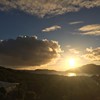
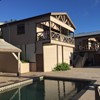
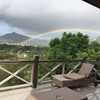
Cliff Jacobs (Nat Dpl Hotel Man (UJ). MPRE. GA Level 5 TEFL) Managing Principal / CEO Exquisite Hotel Consultants (Pty) Ltd Mobile: +27 (0) 84 413 1071 / +27 (0) 61 716 6951 Email: cliff@exquisitehotelconsultants.com Web: https://www.exquisitehotelconsultants.com © All rights reserved Terms and Conditions apply Scroll down to view our Hospitality Properties and Businesses for sale or lease or lease-to-buy or partnership arrangement or management agreement arrangement.